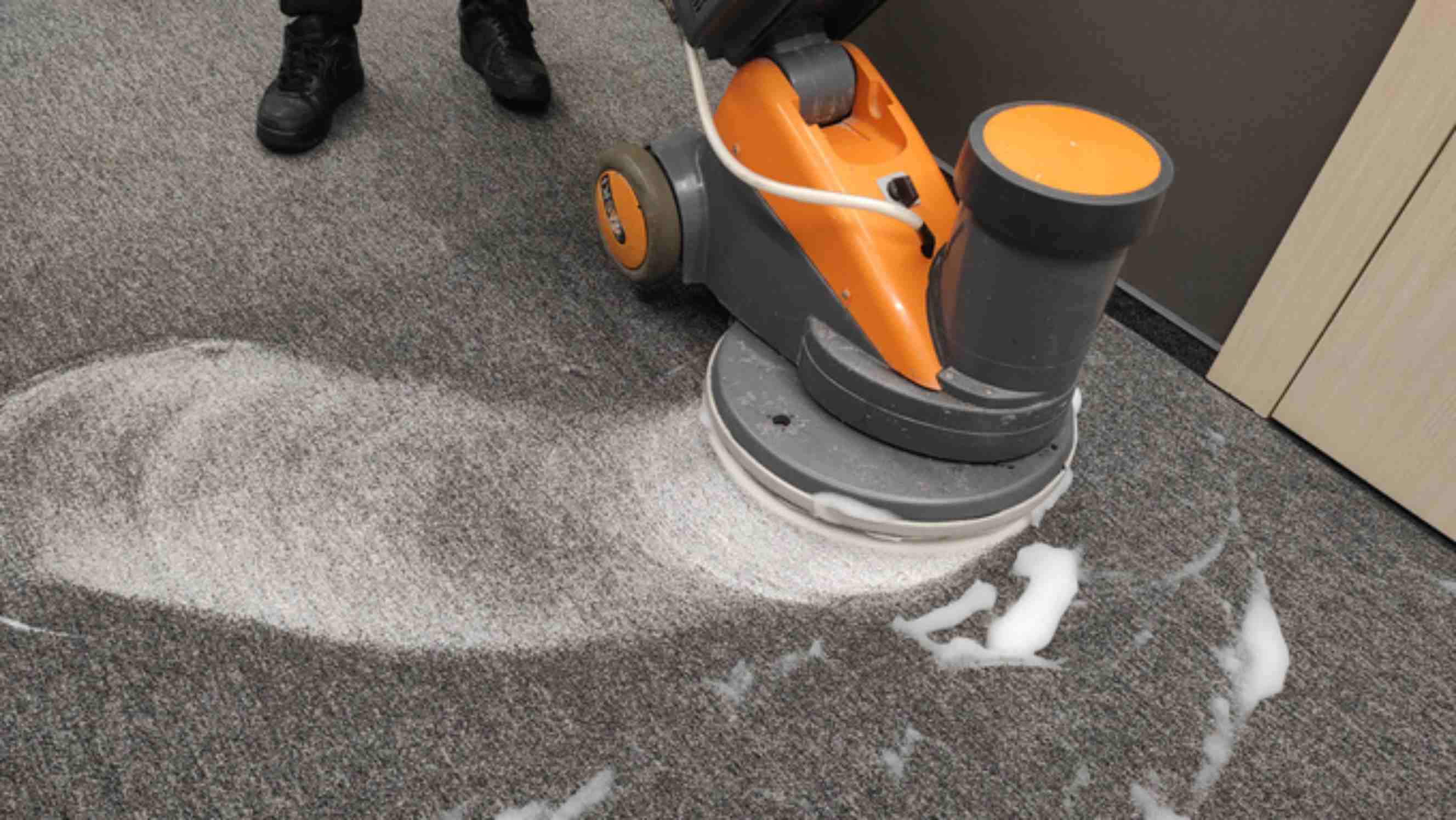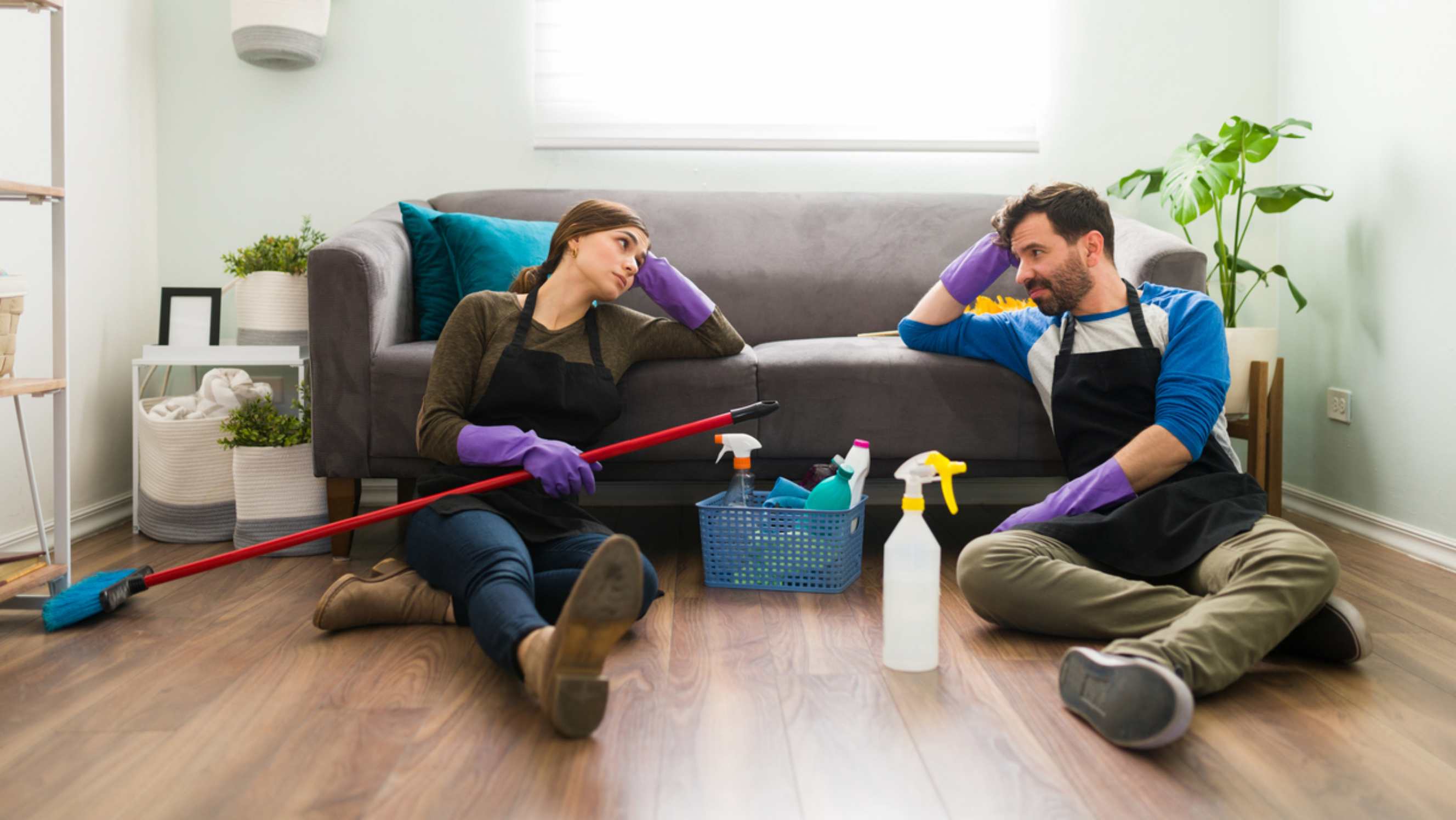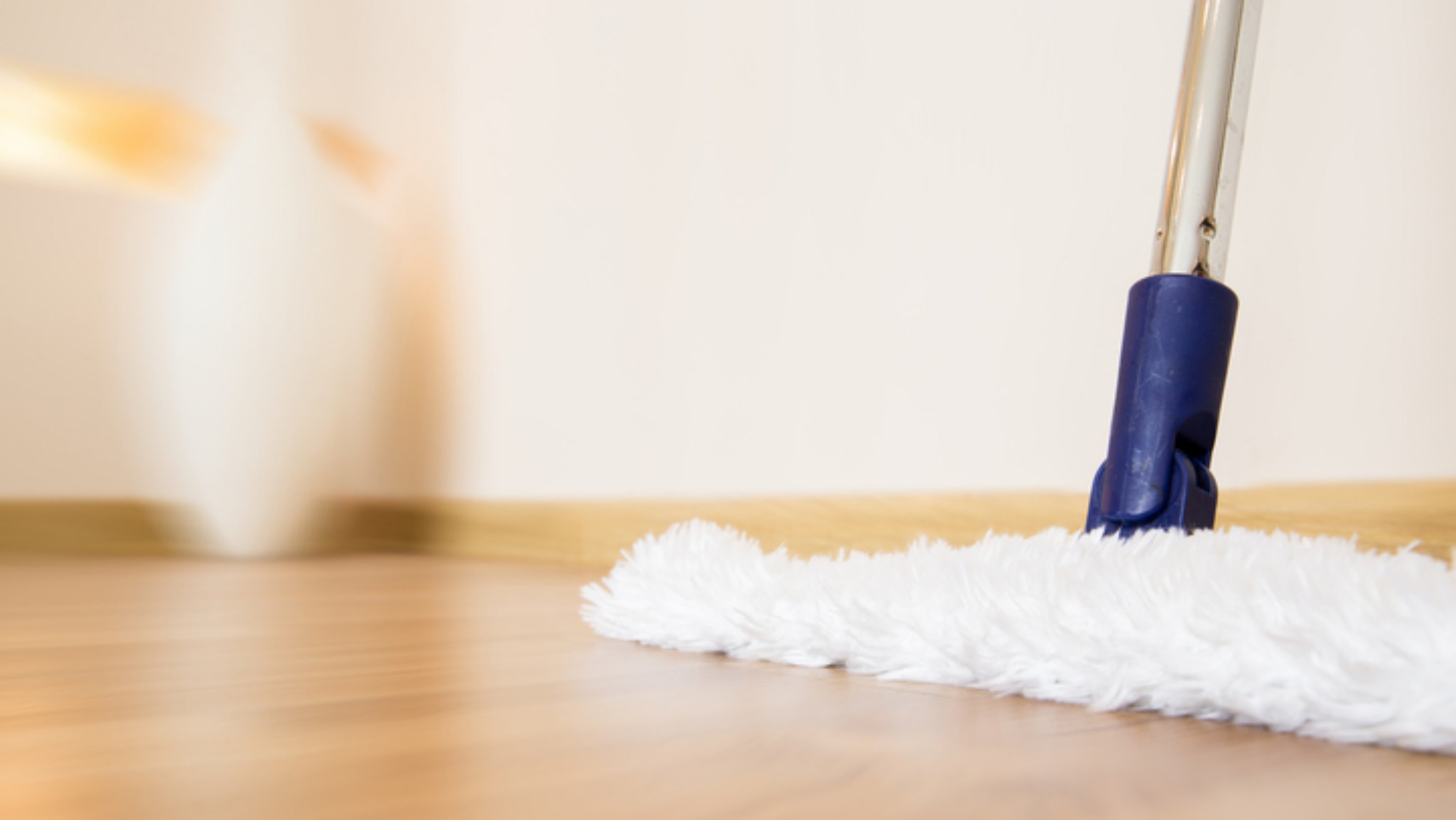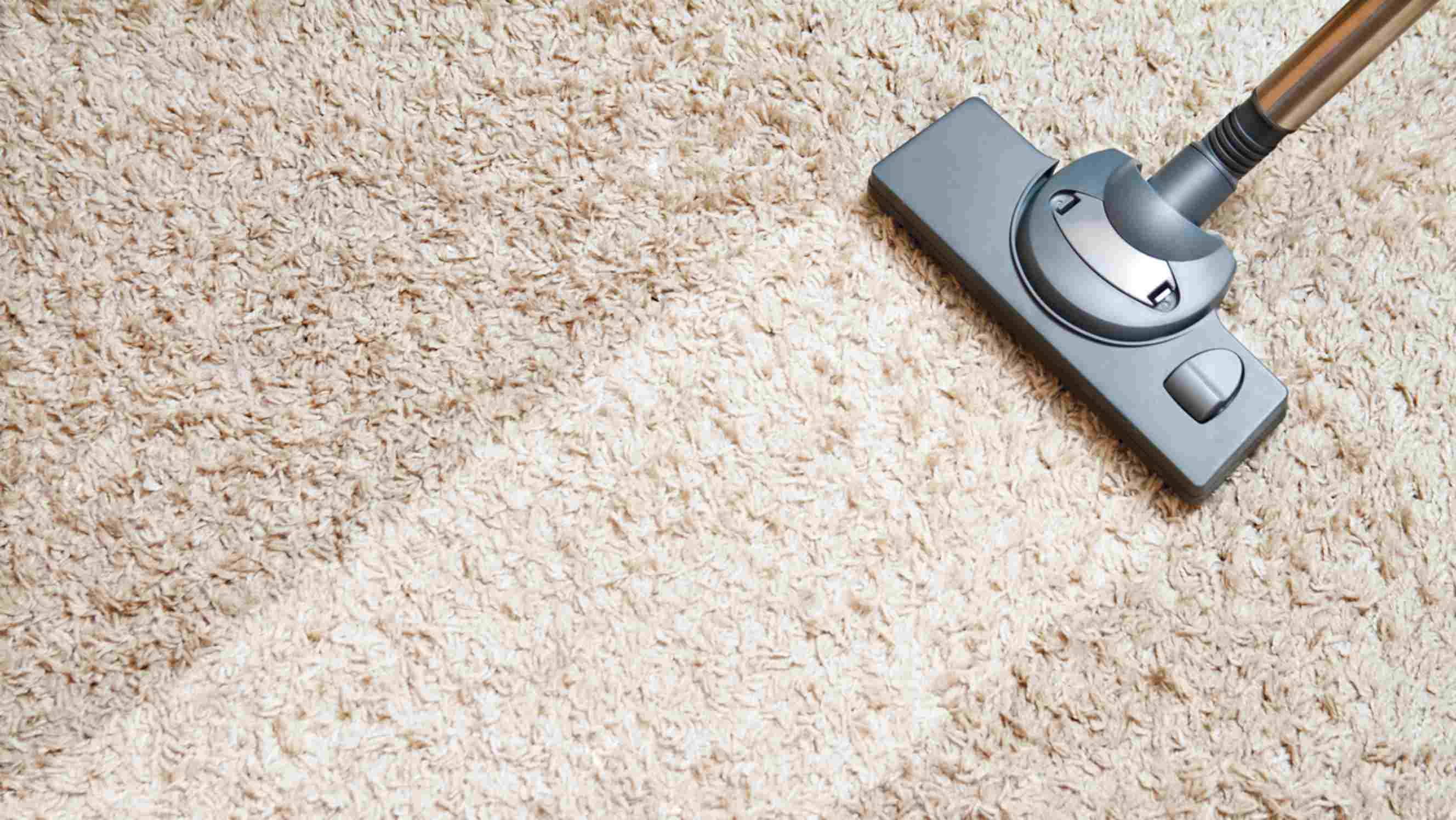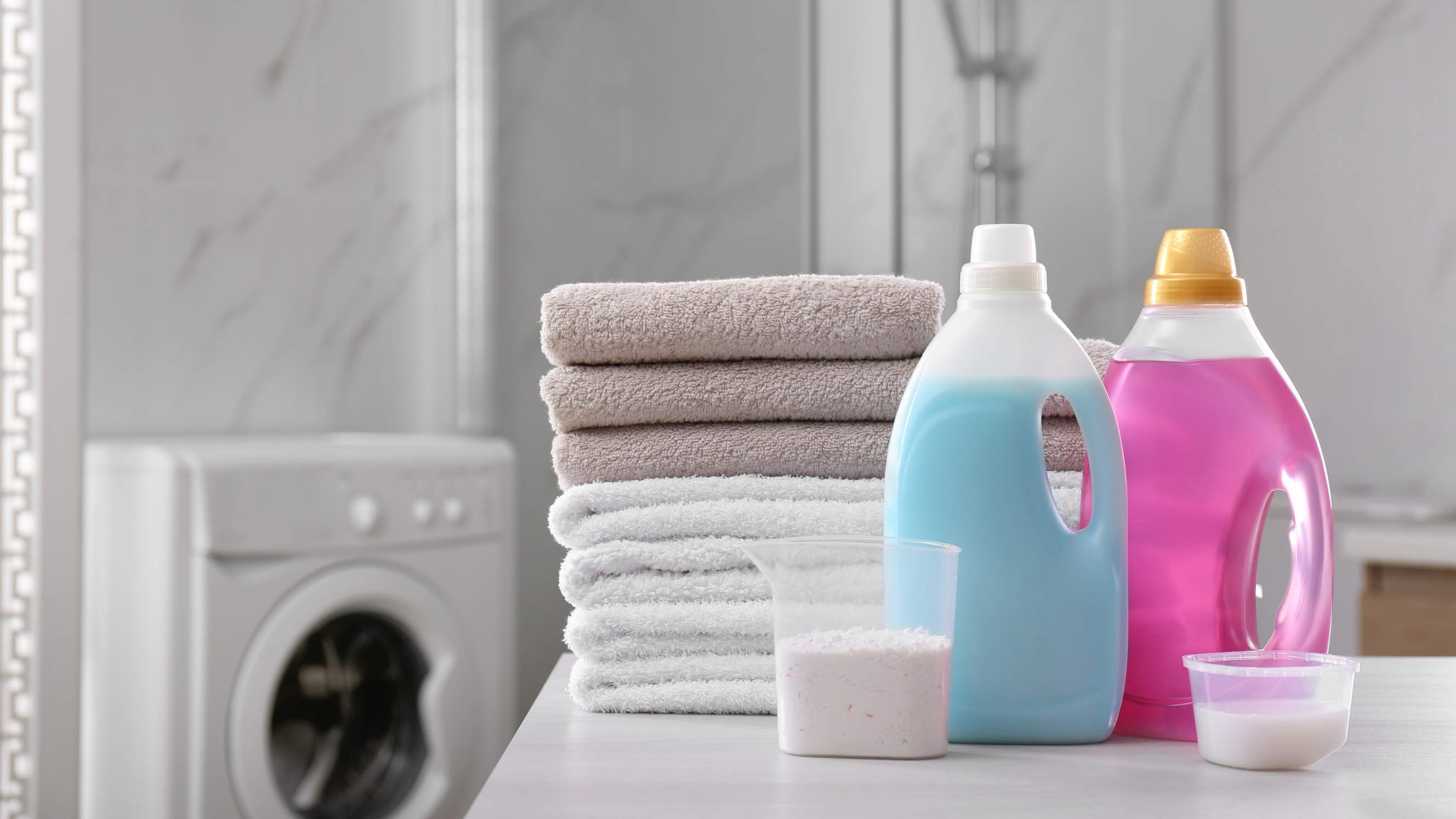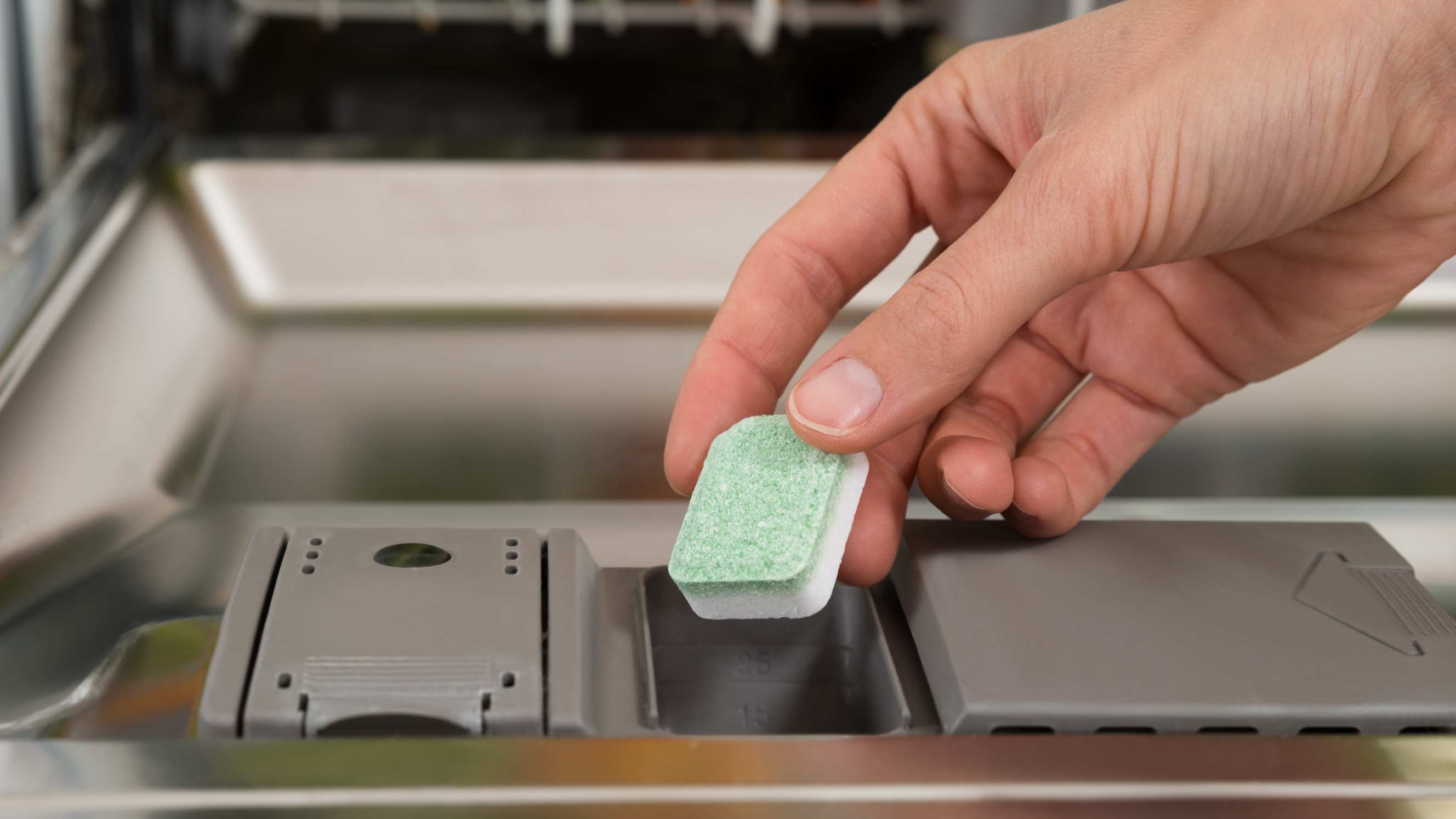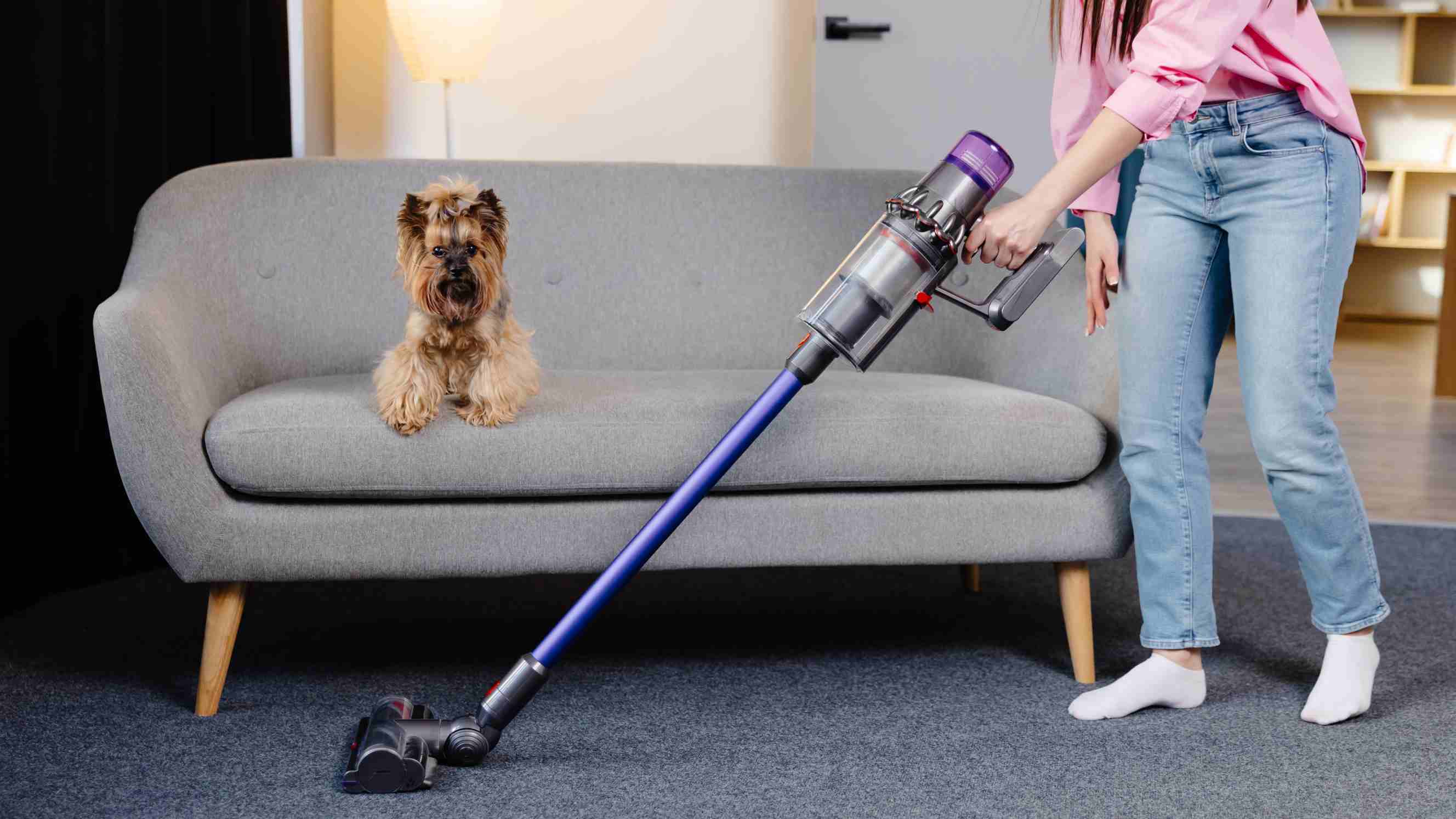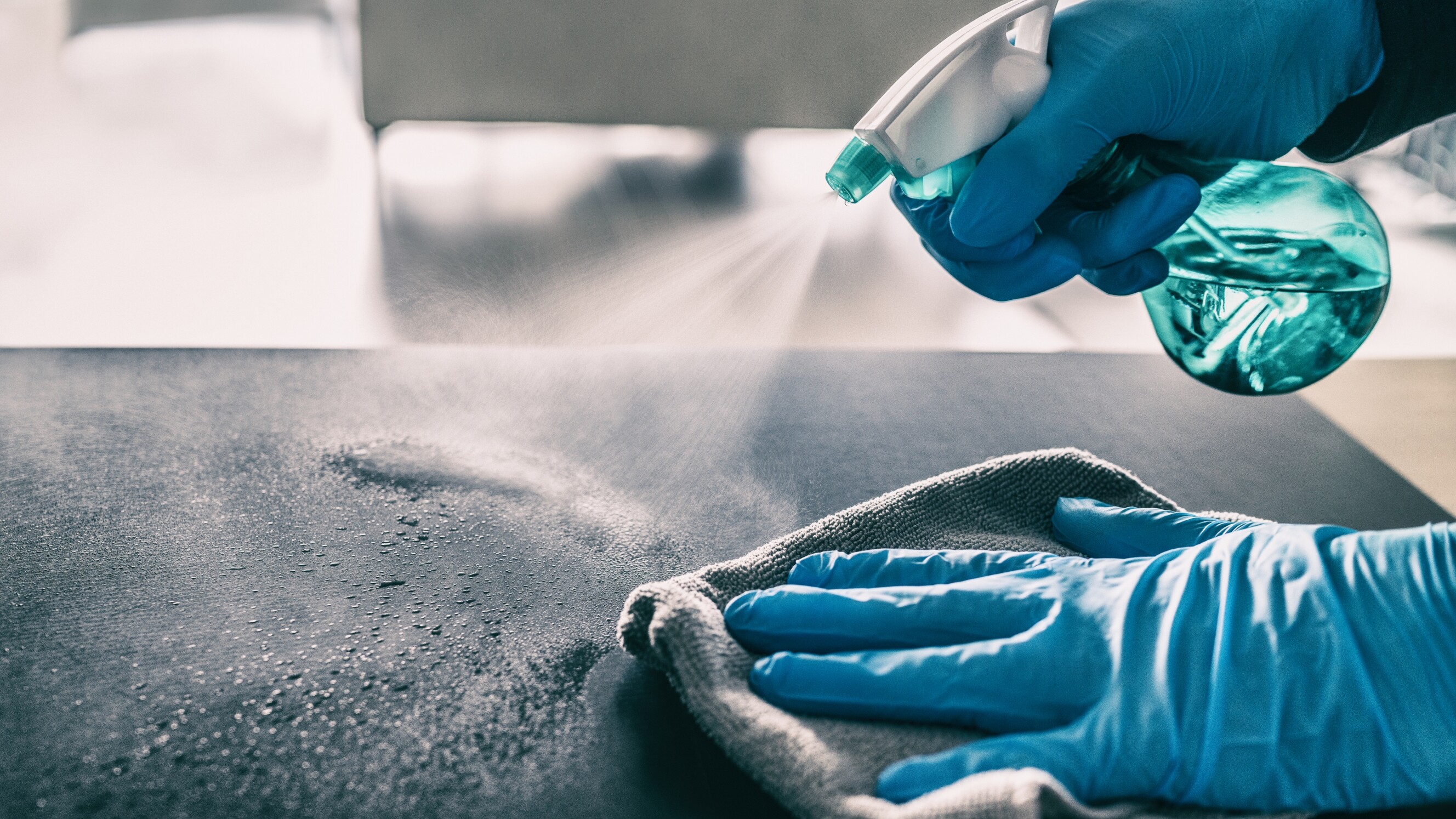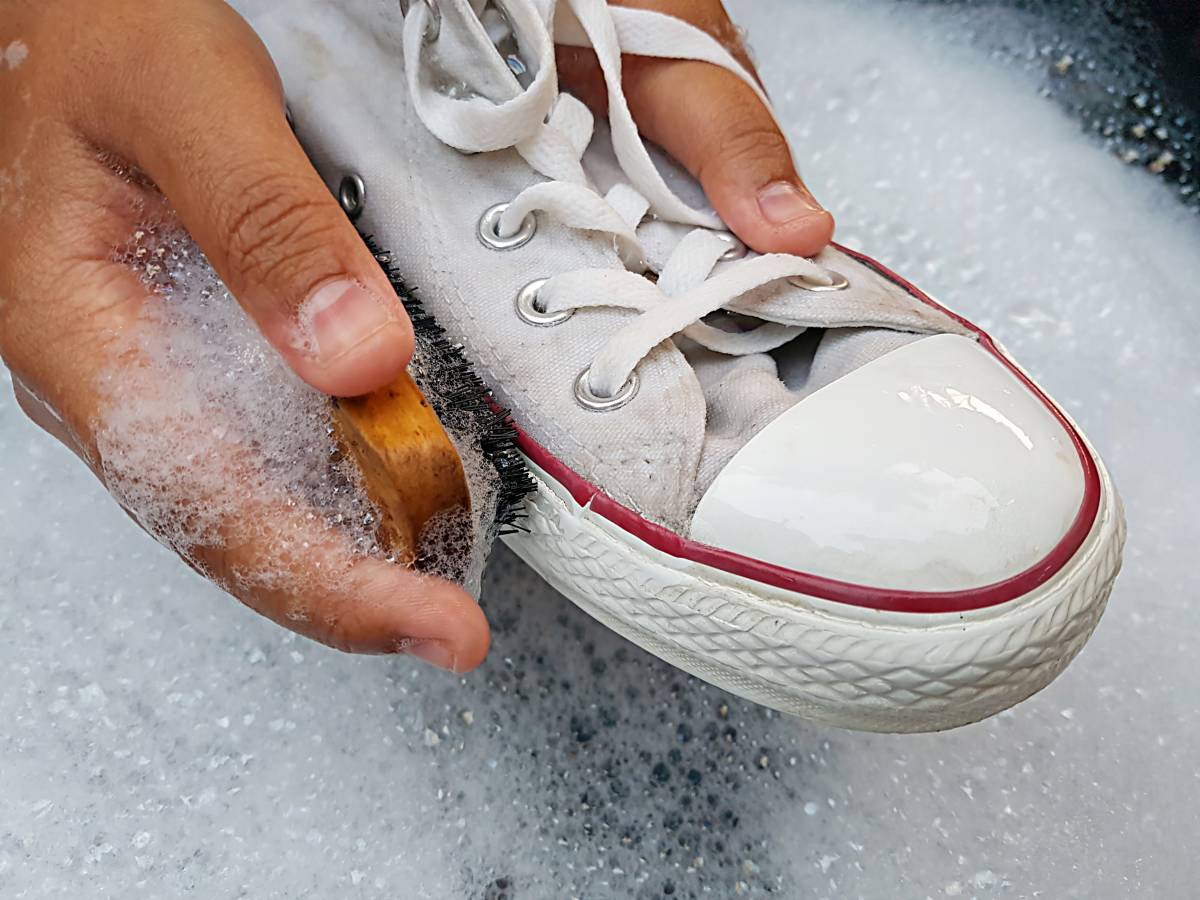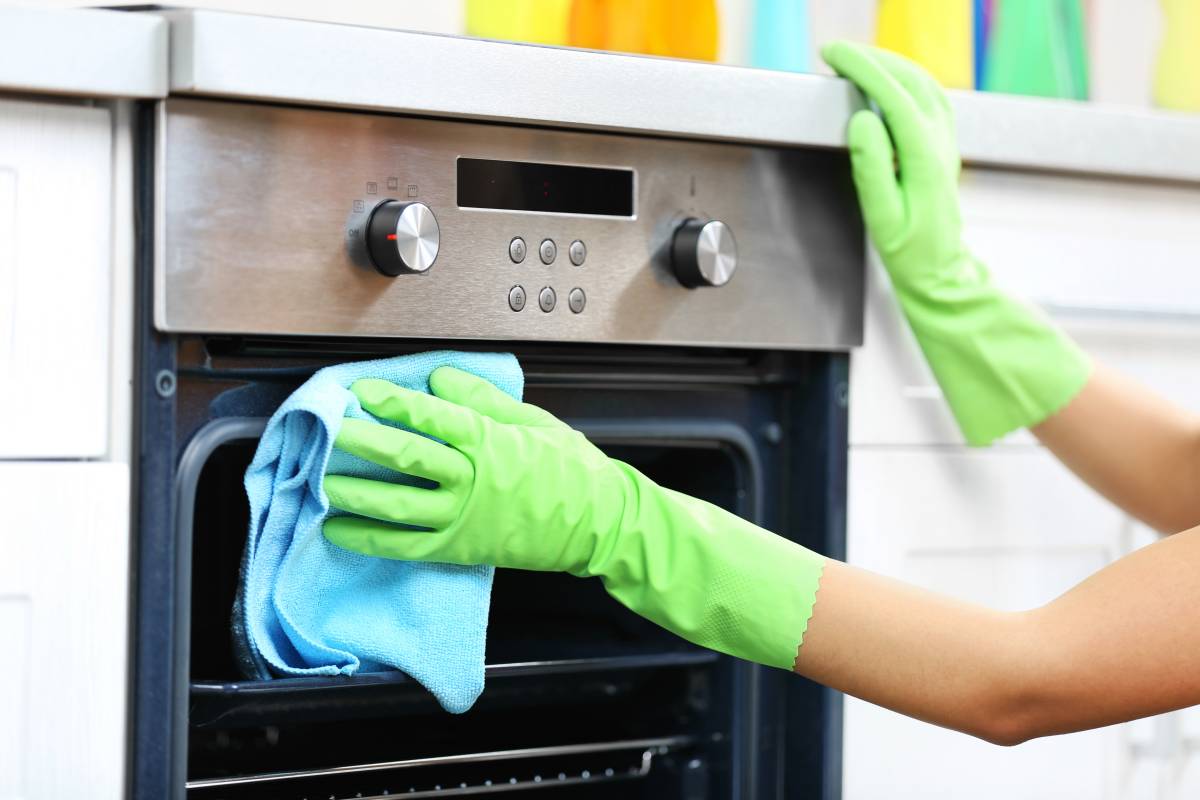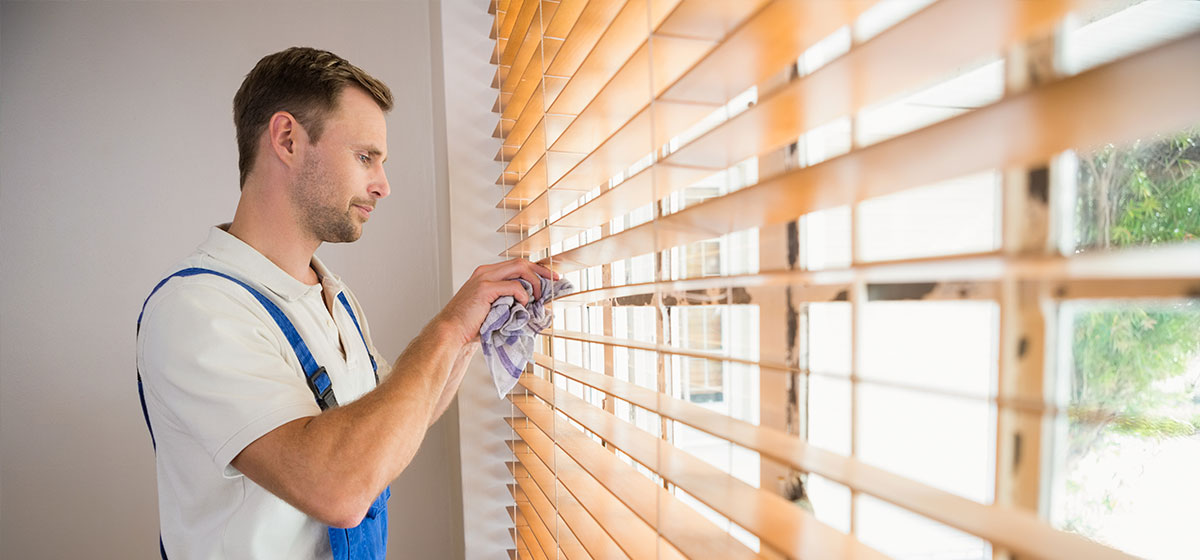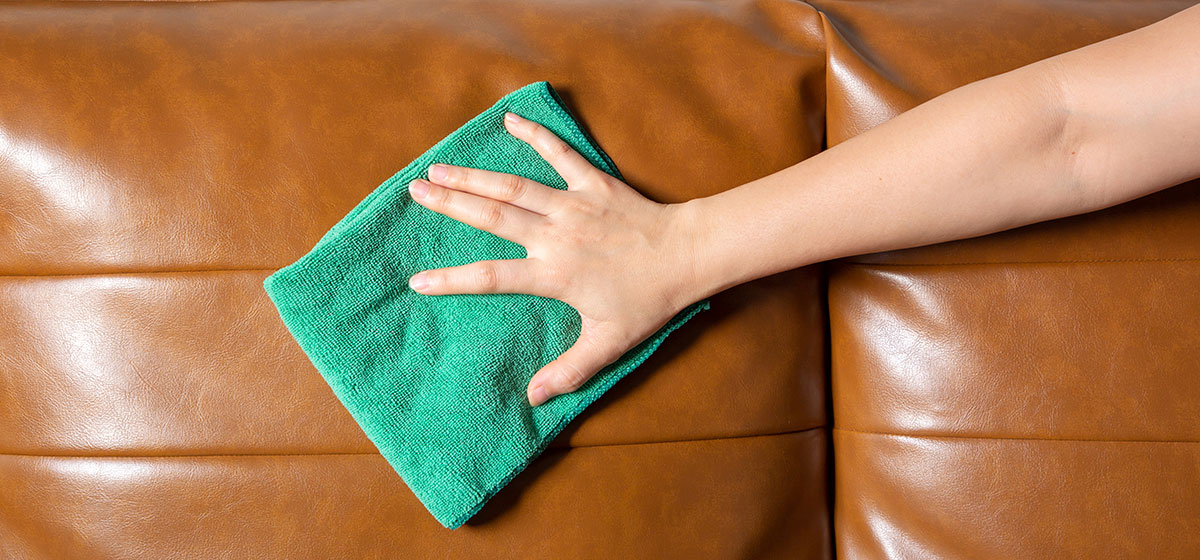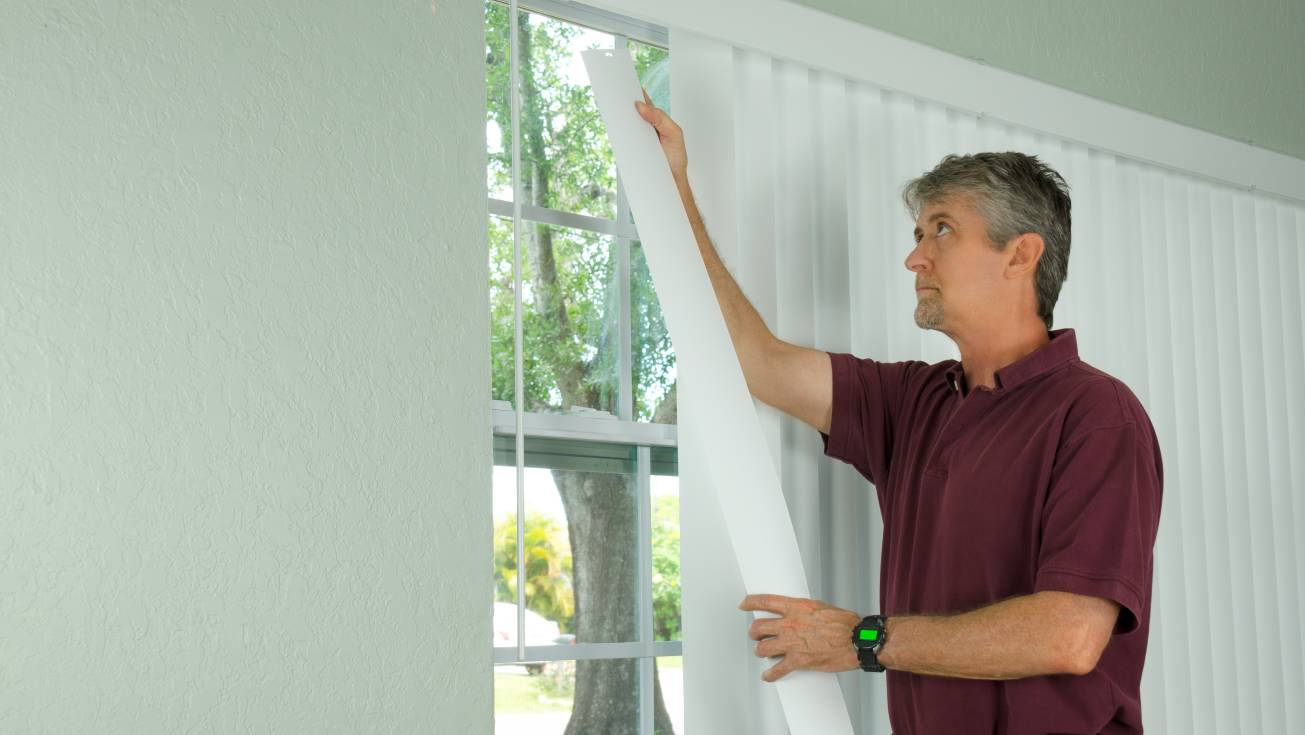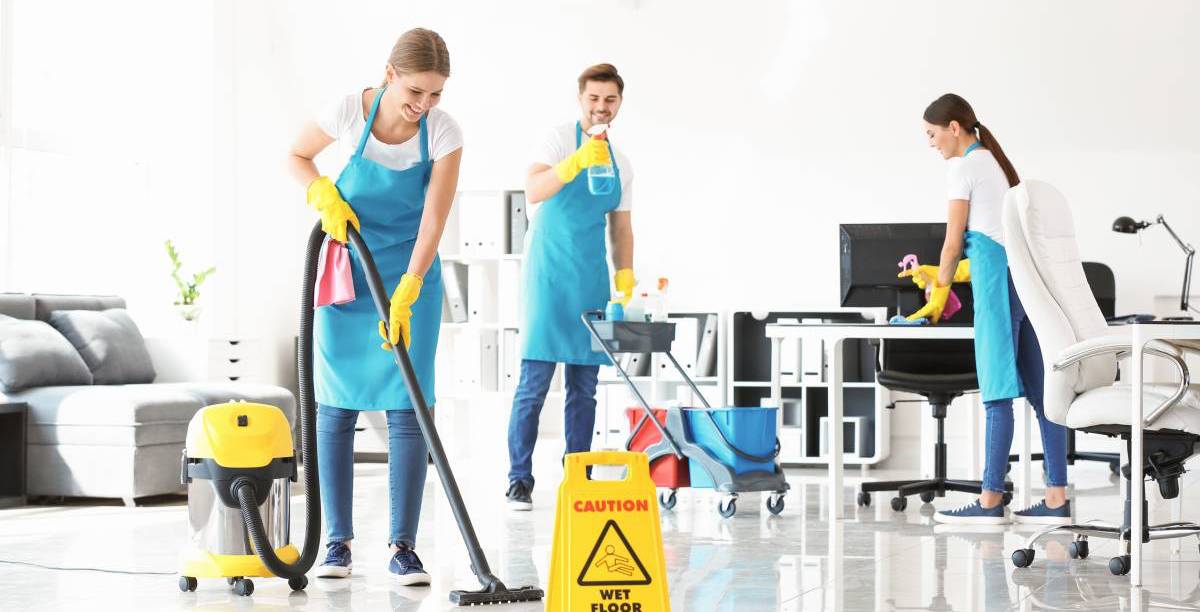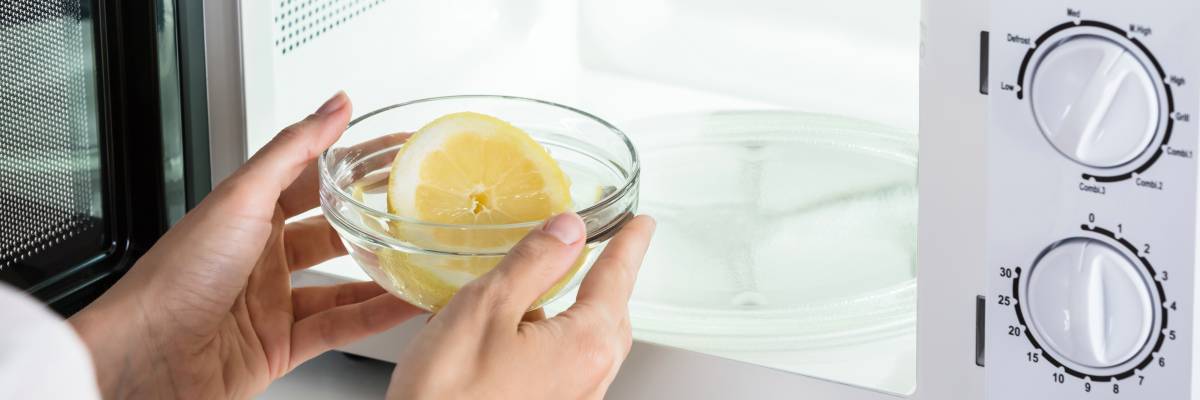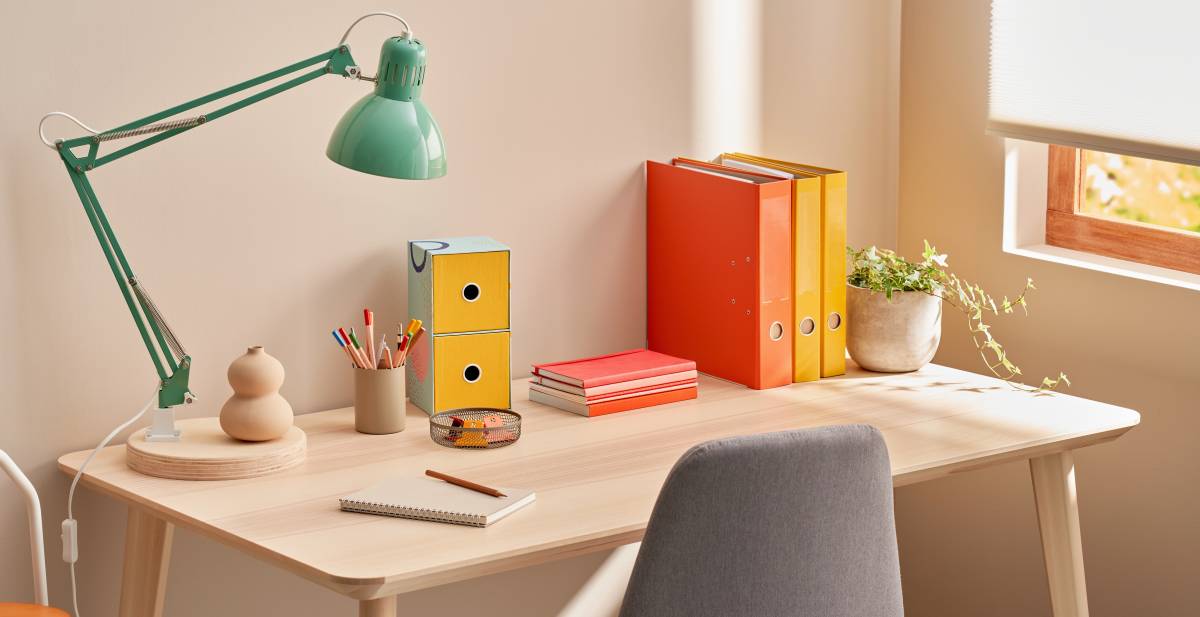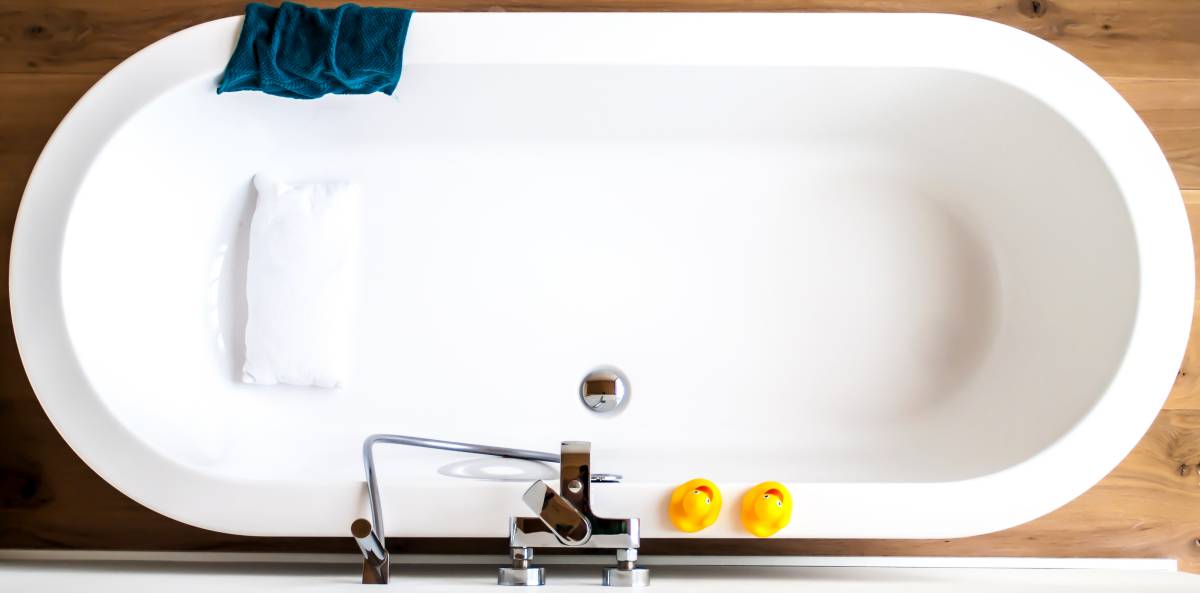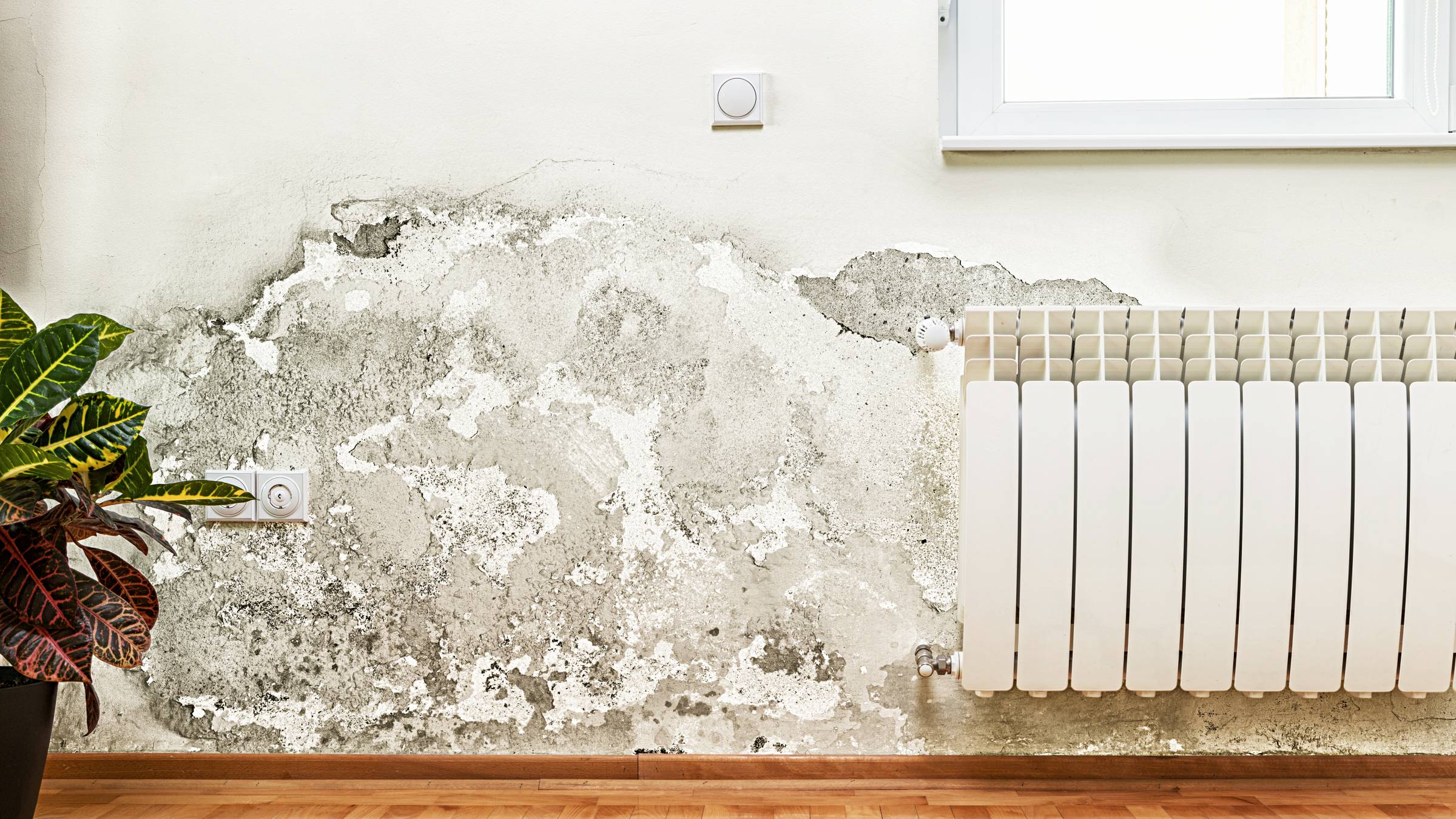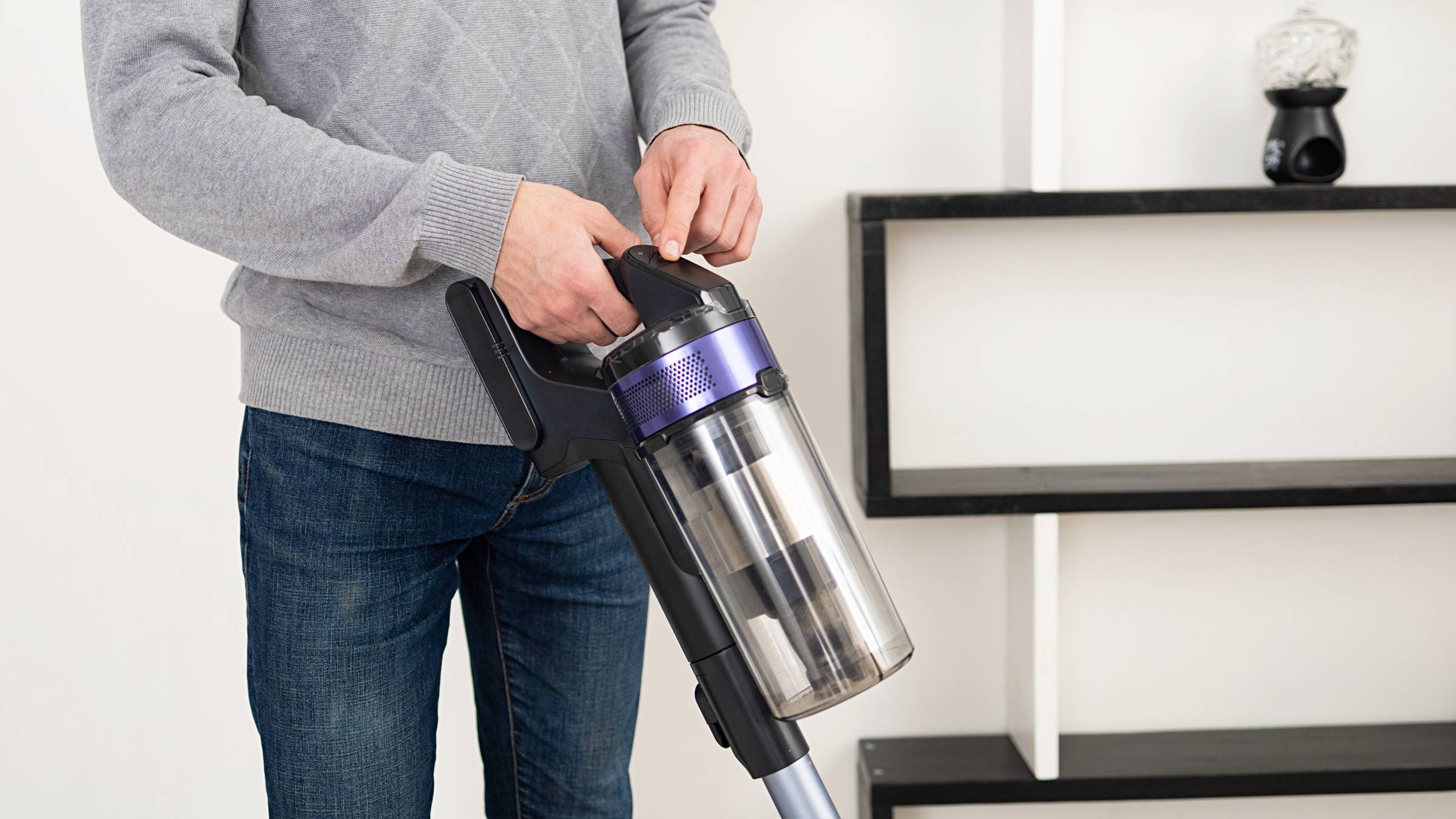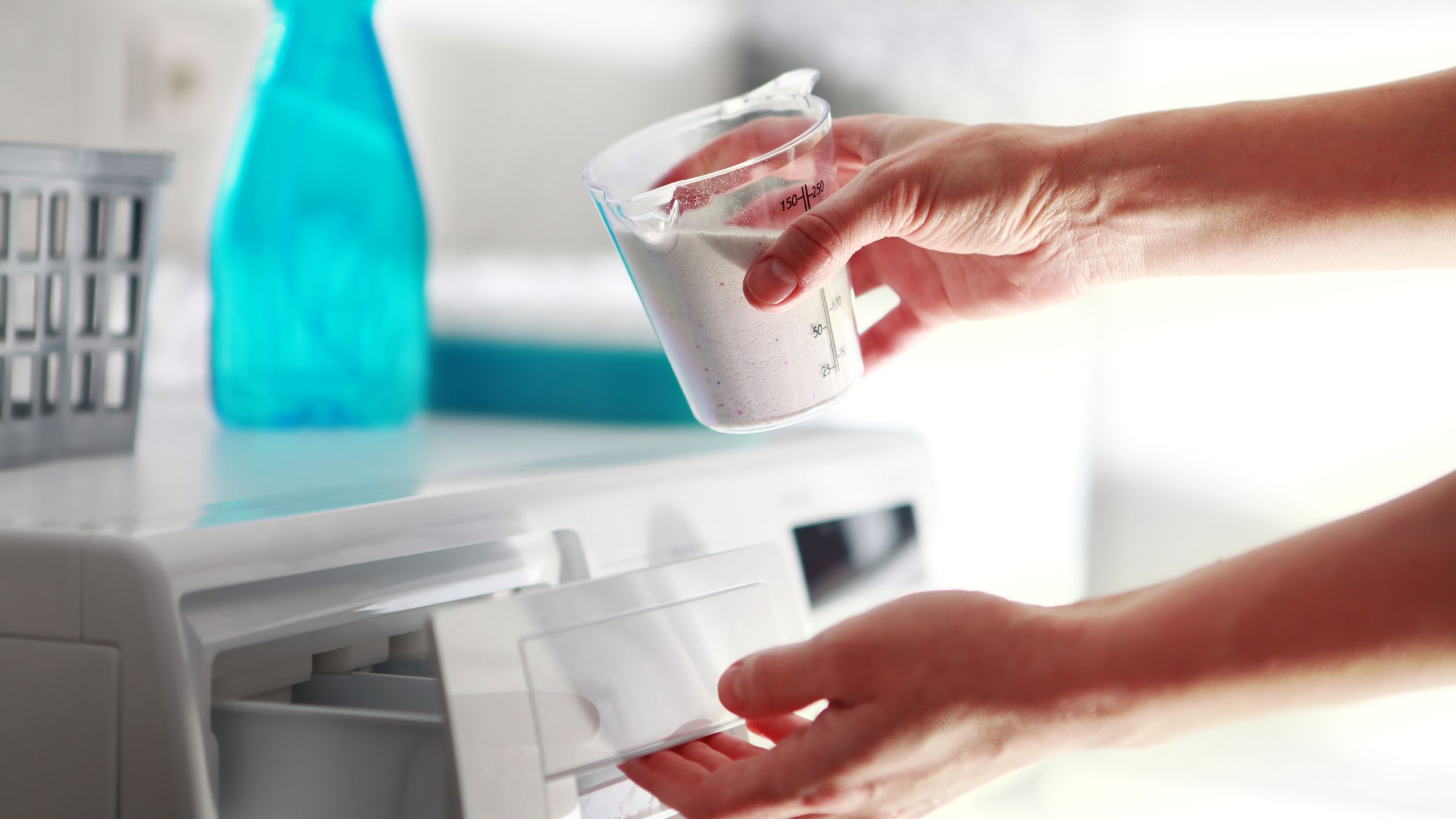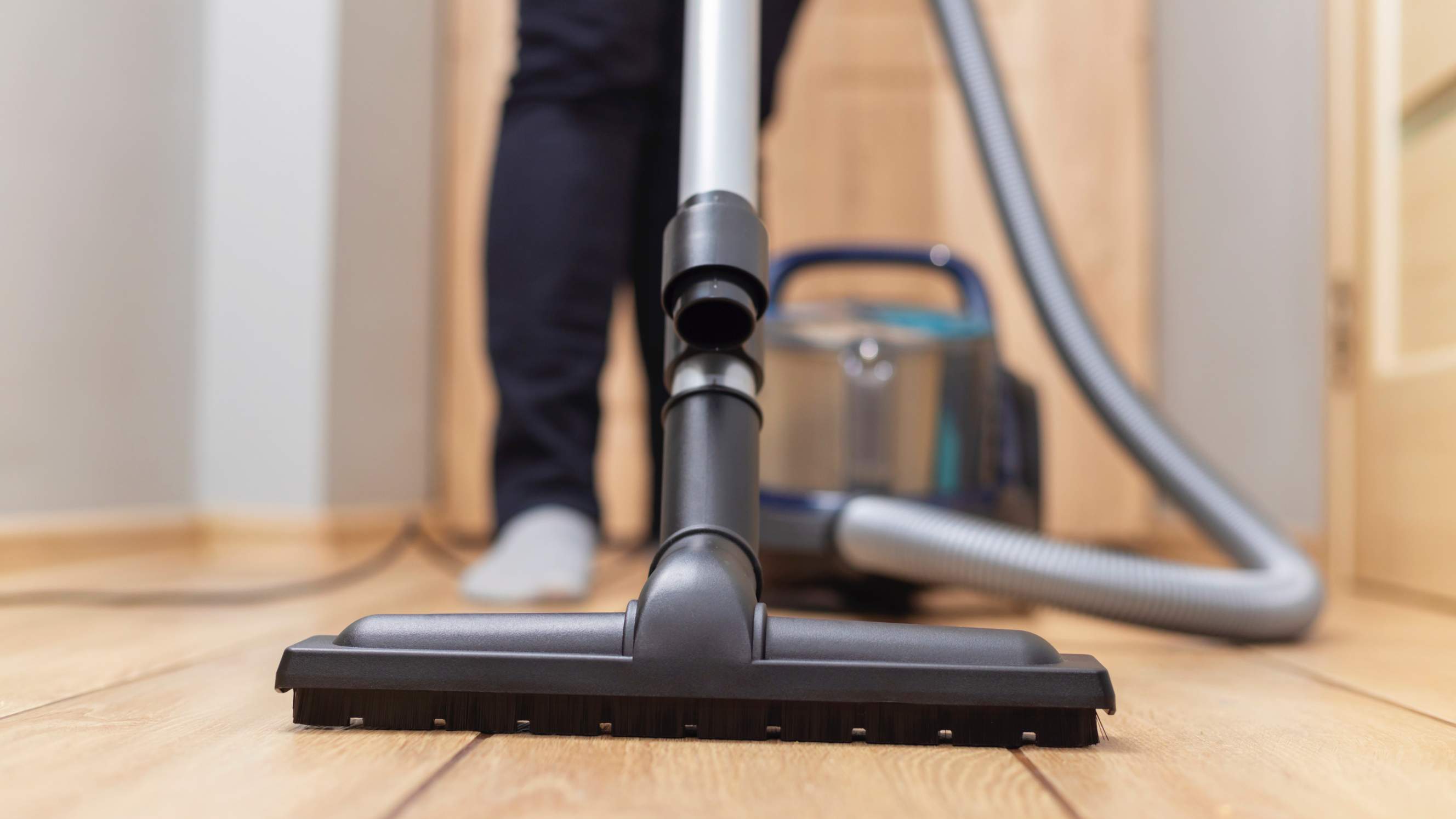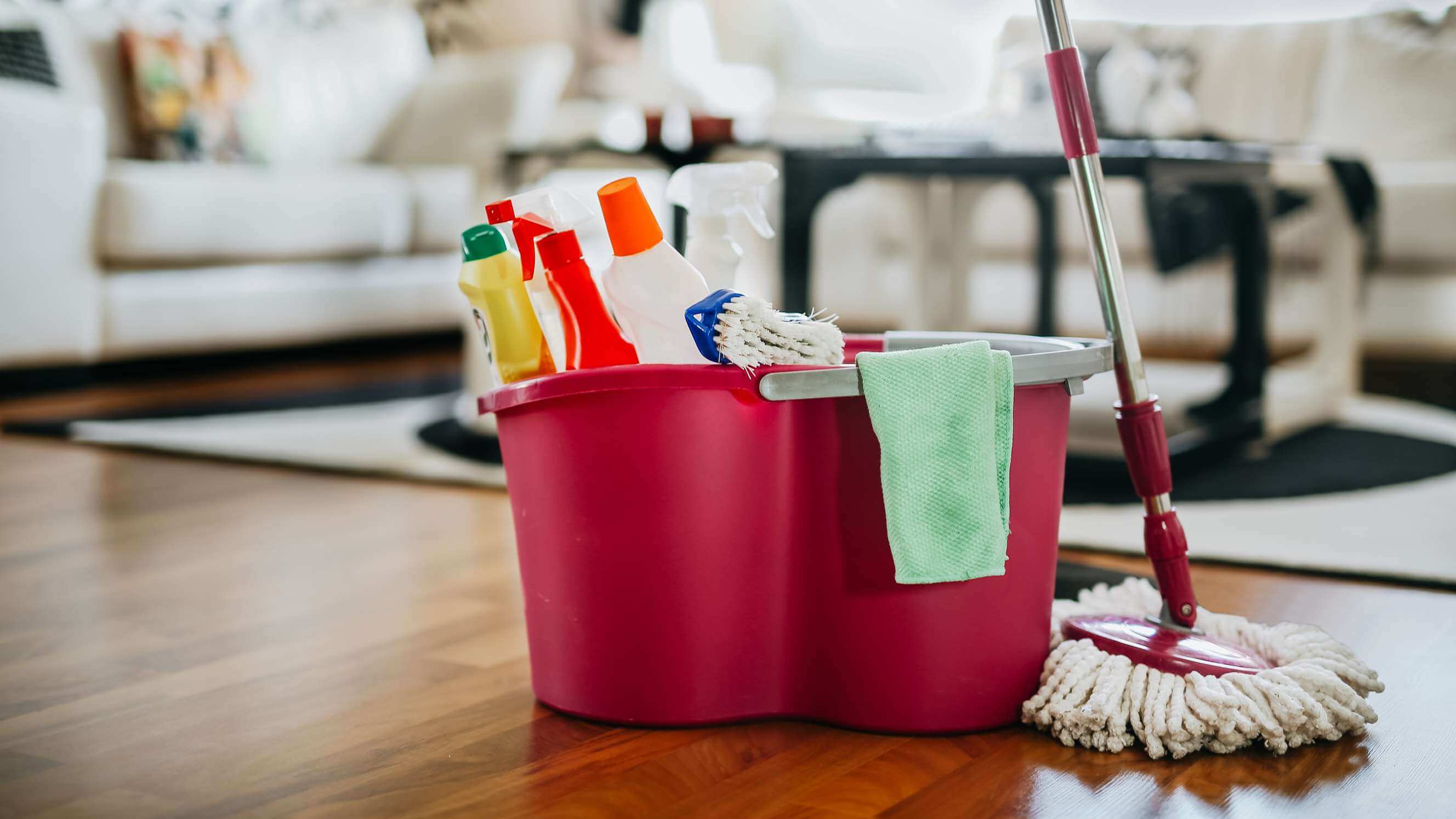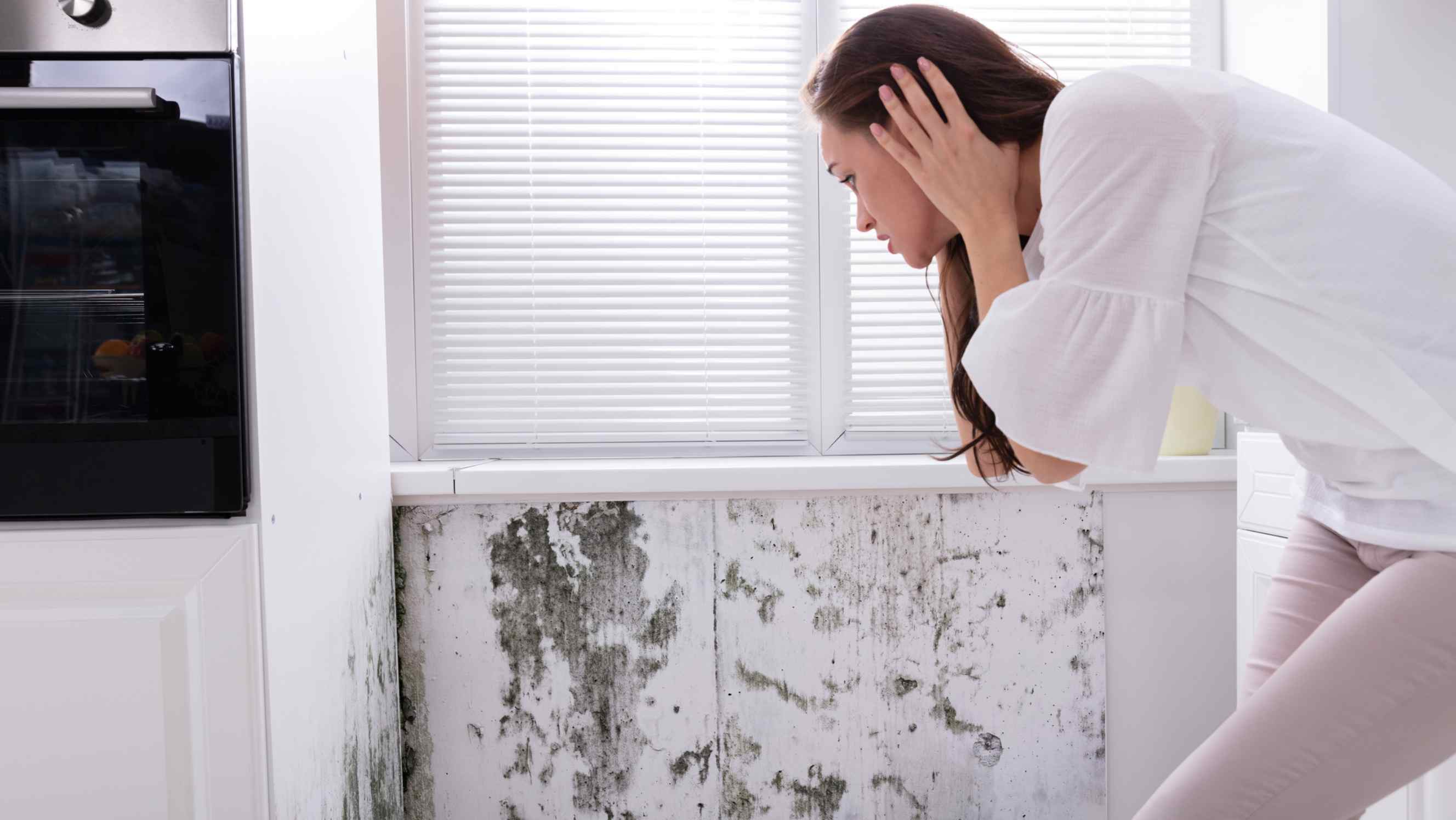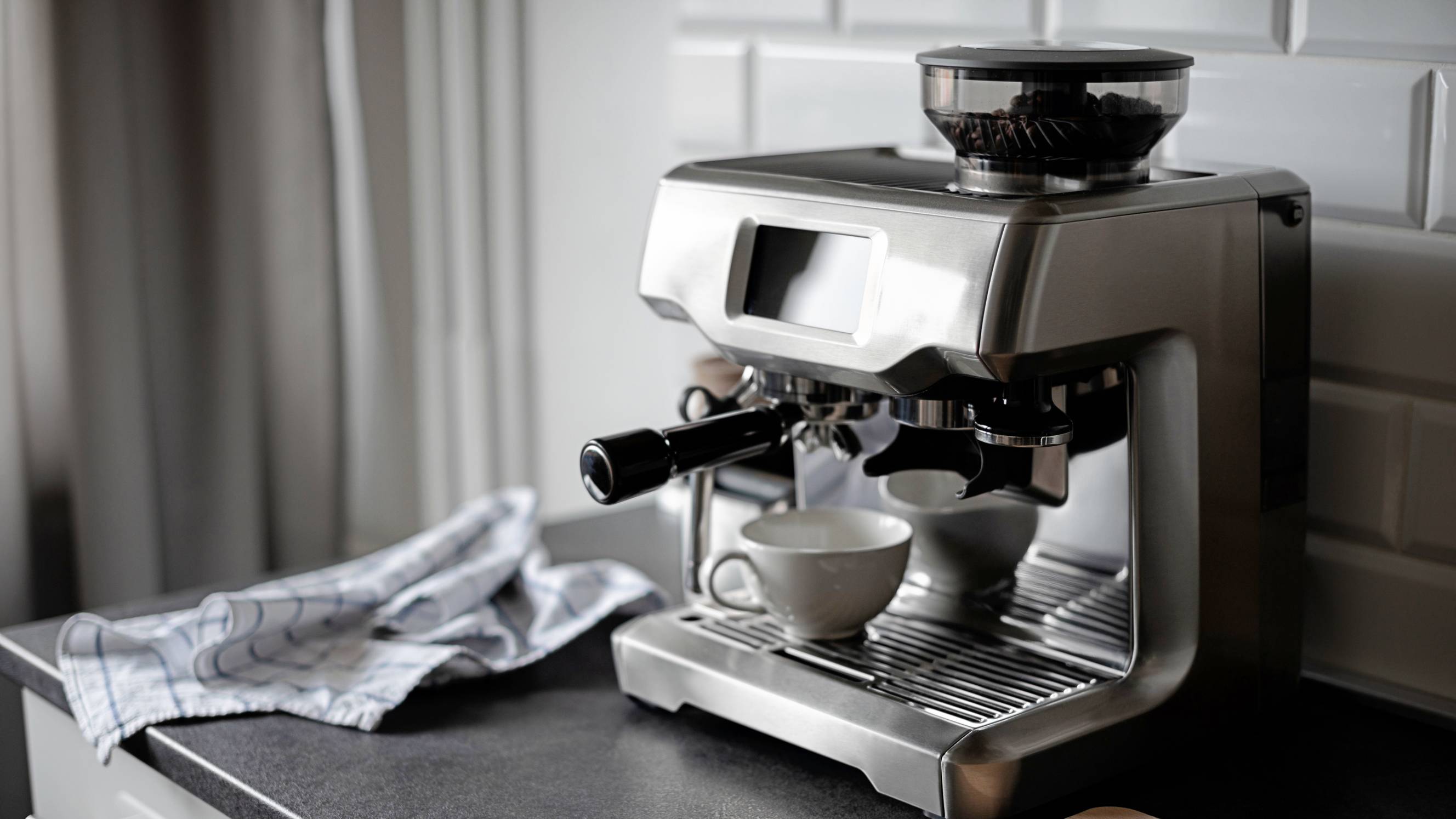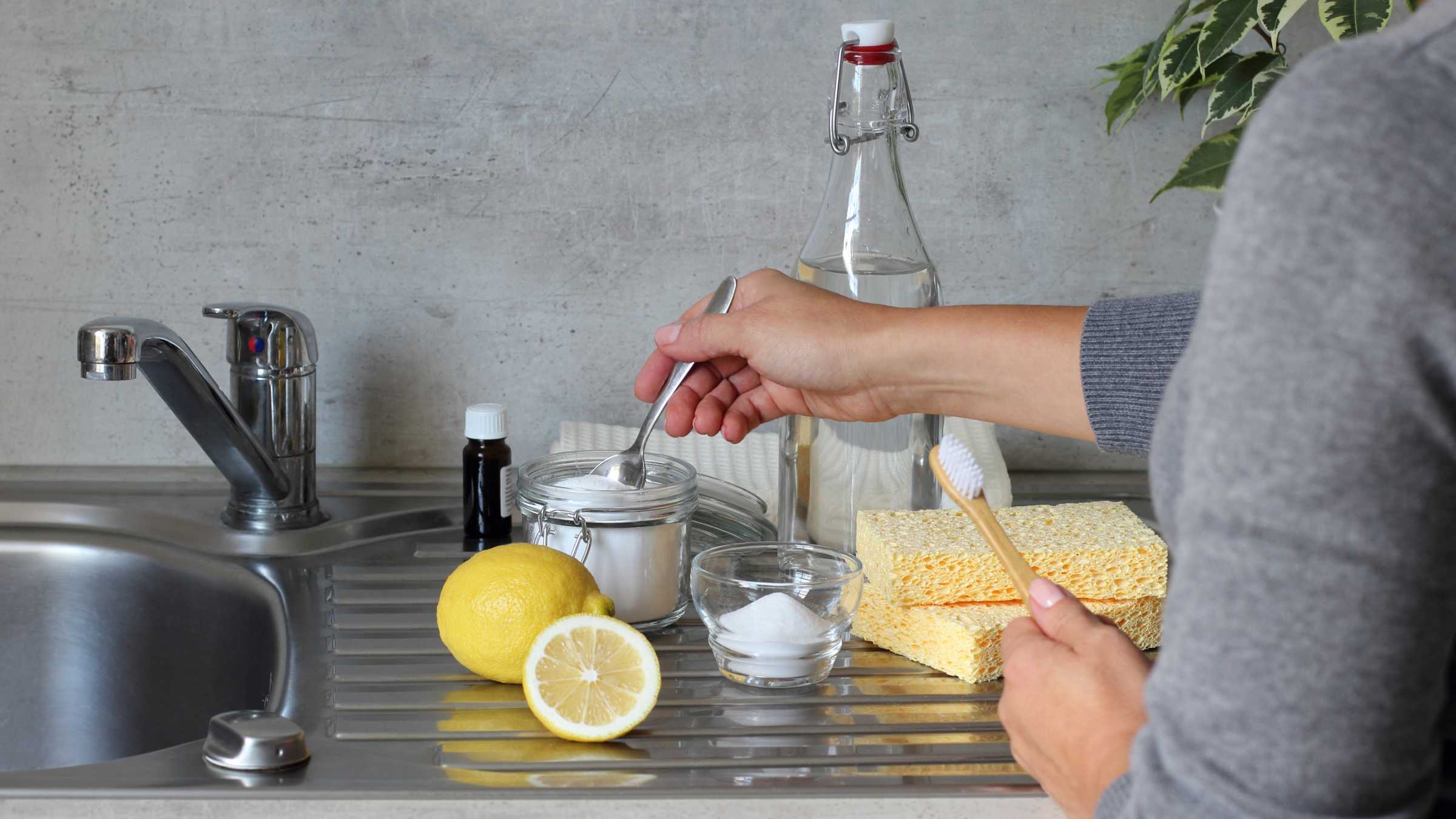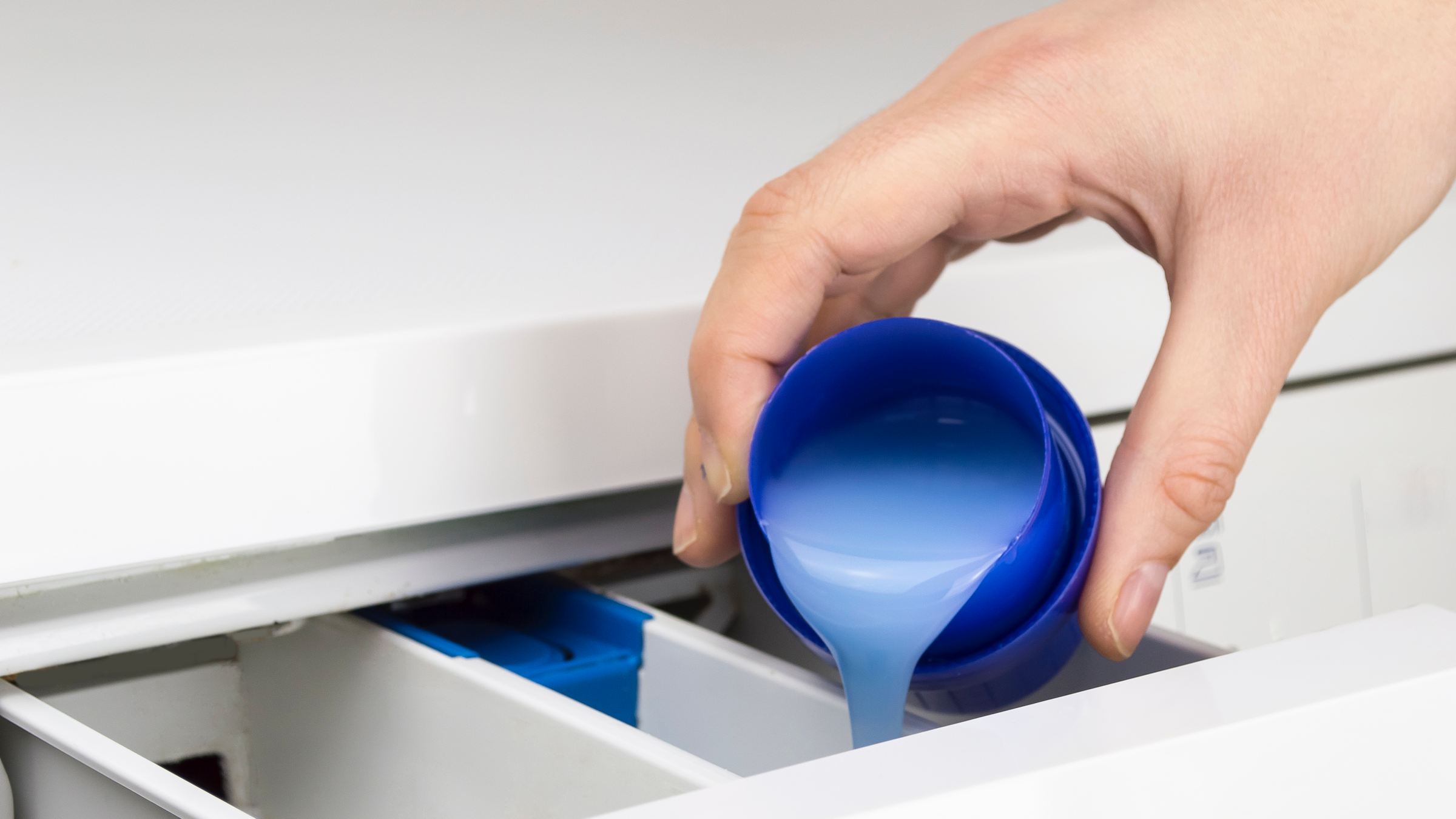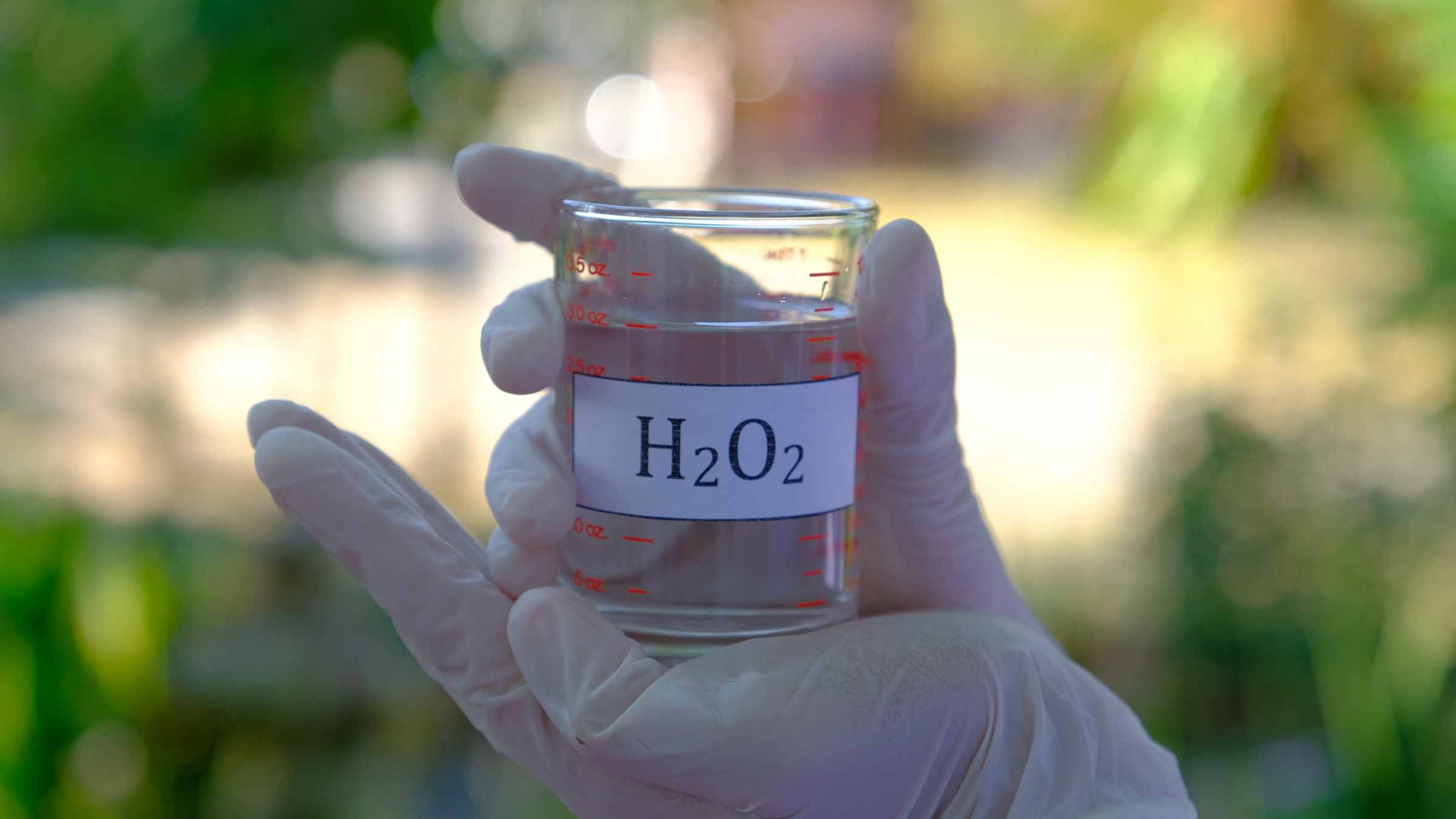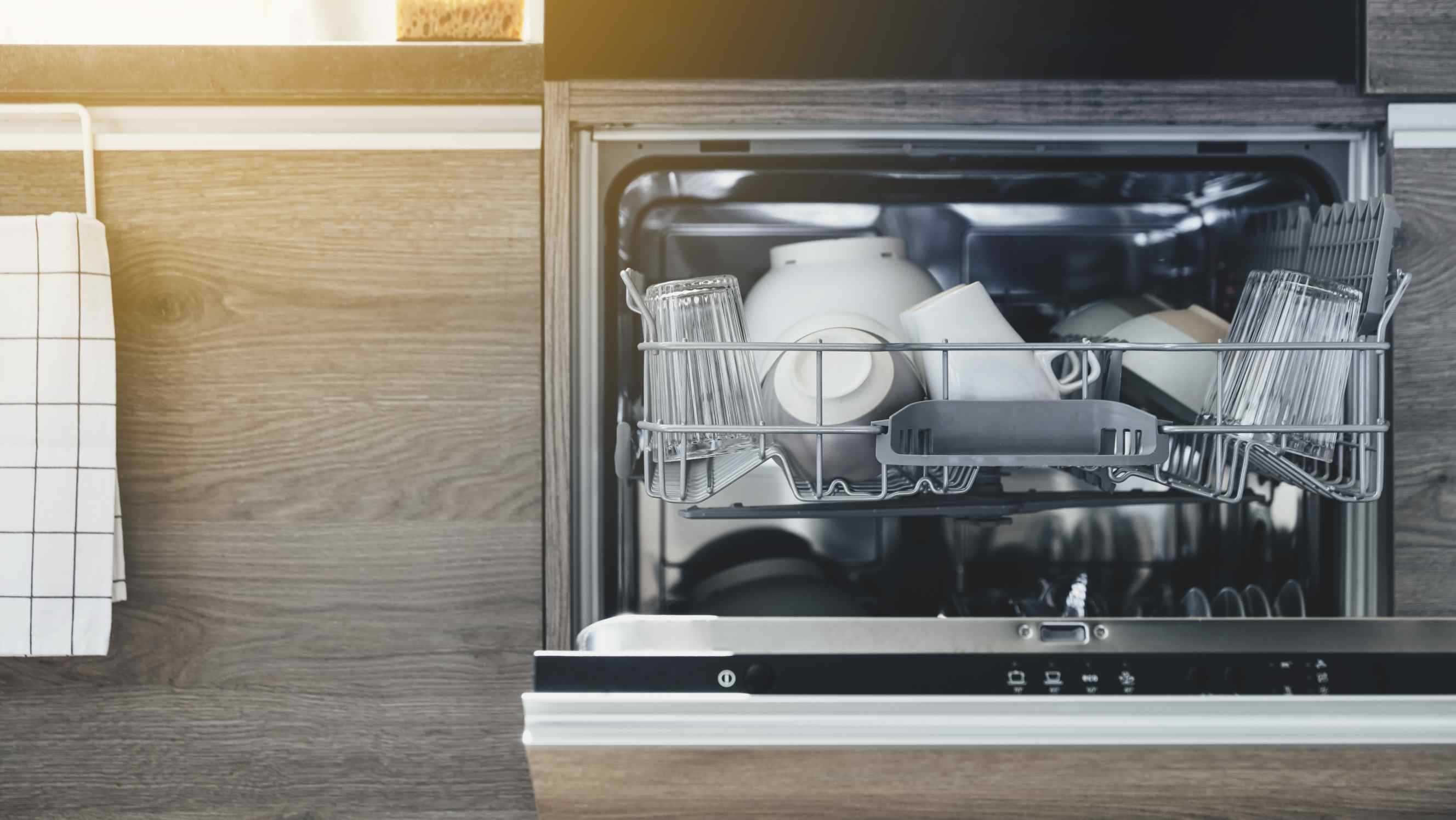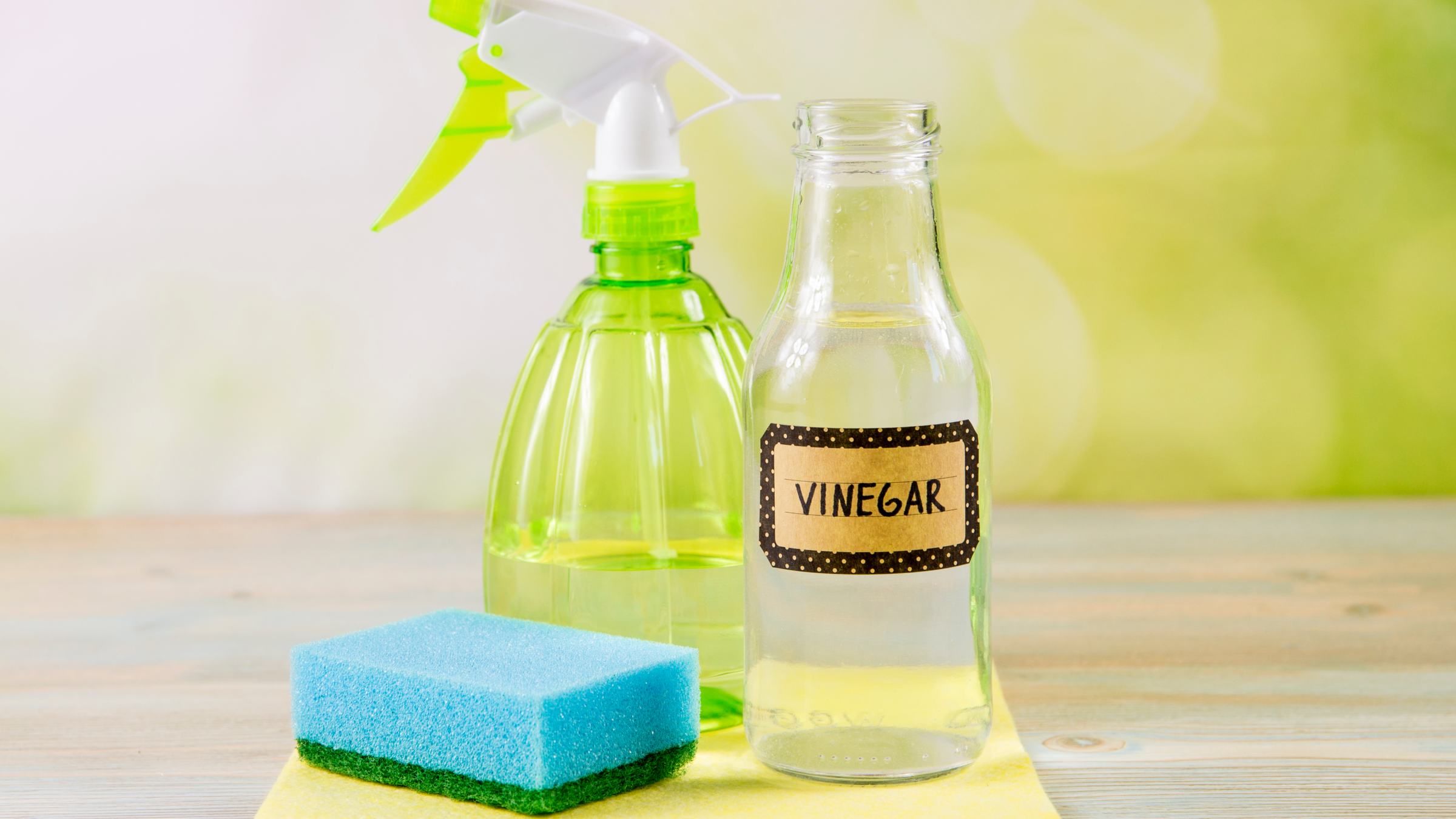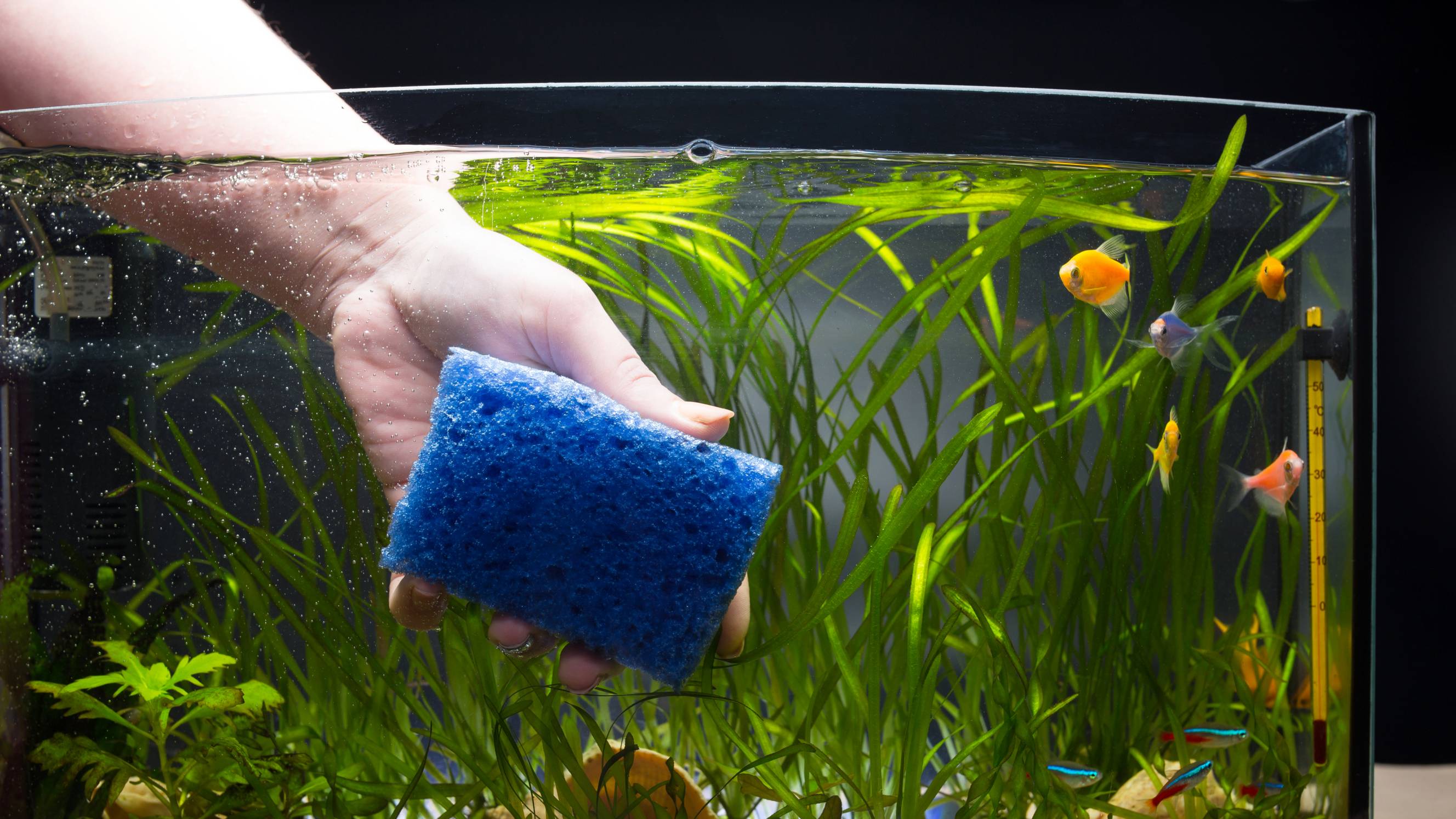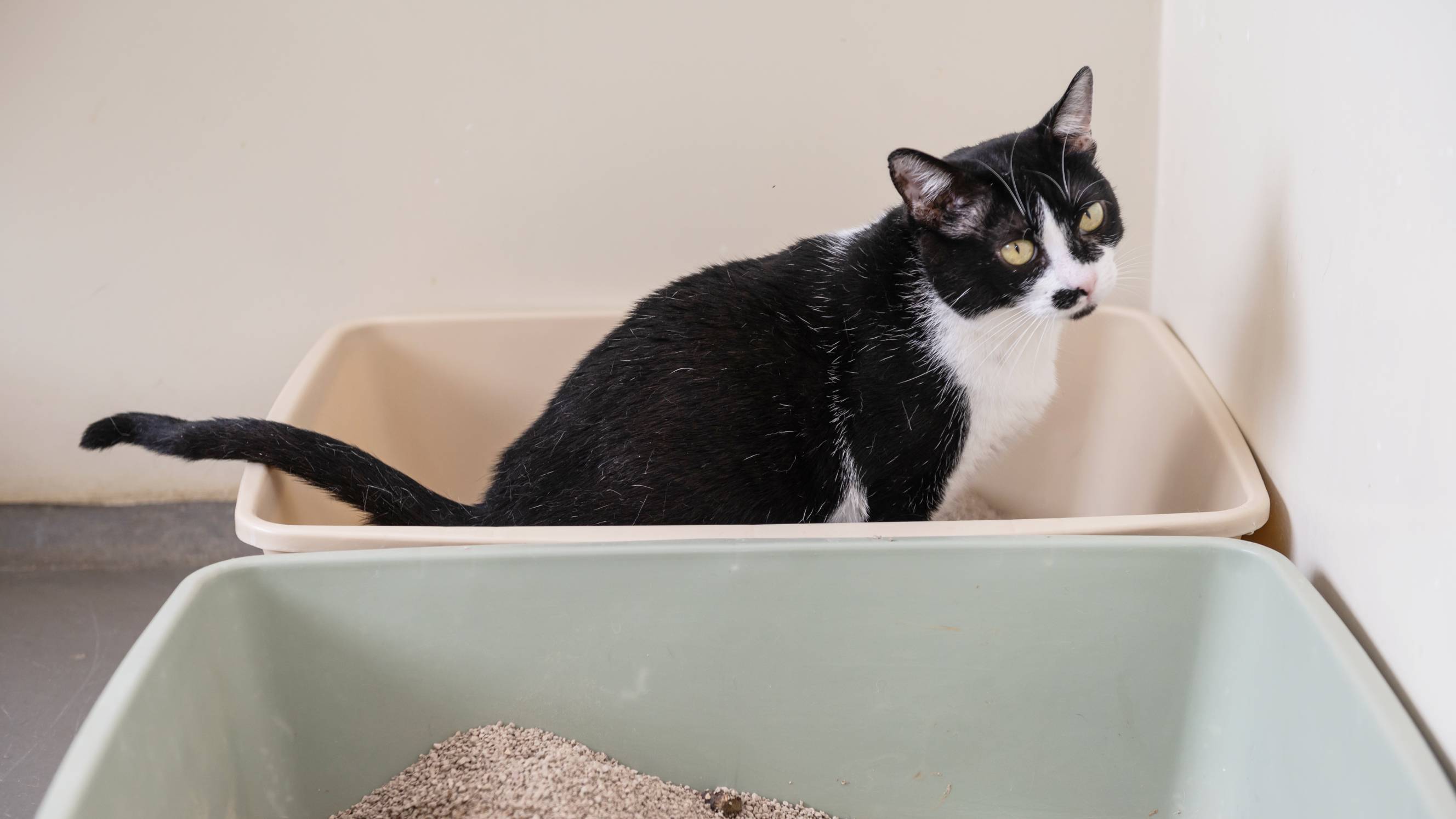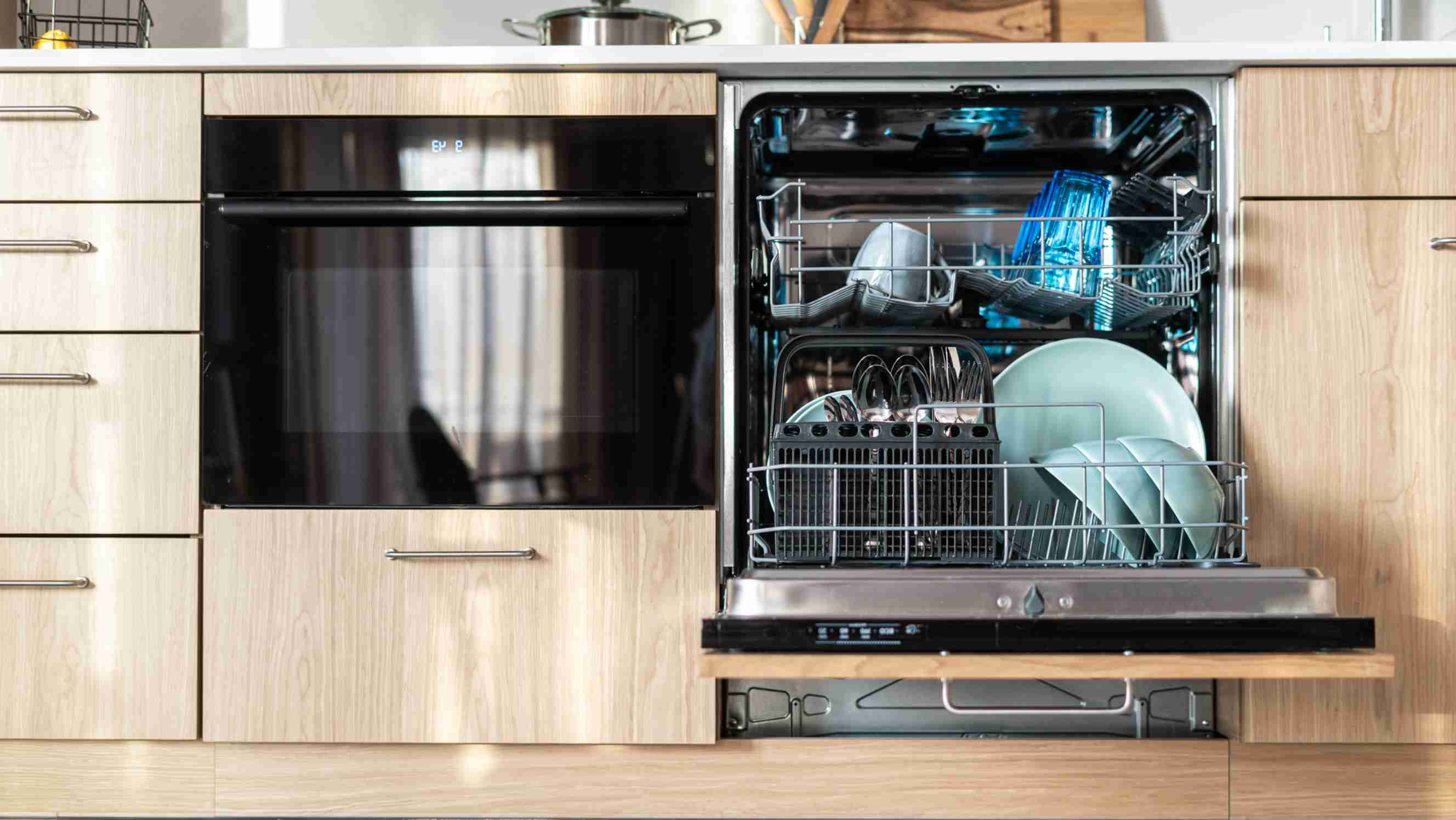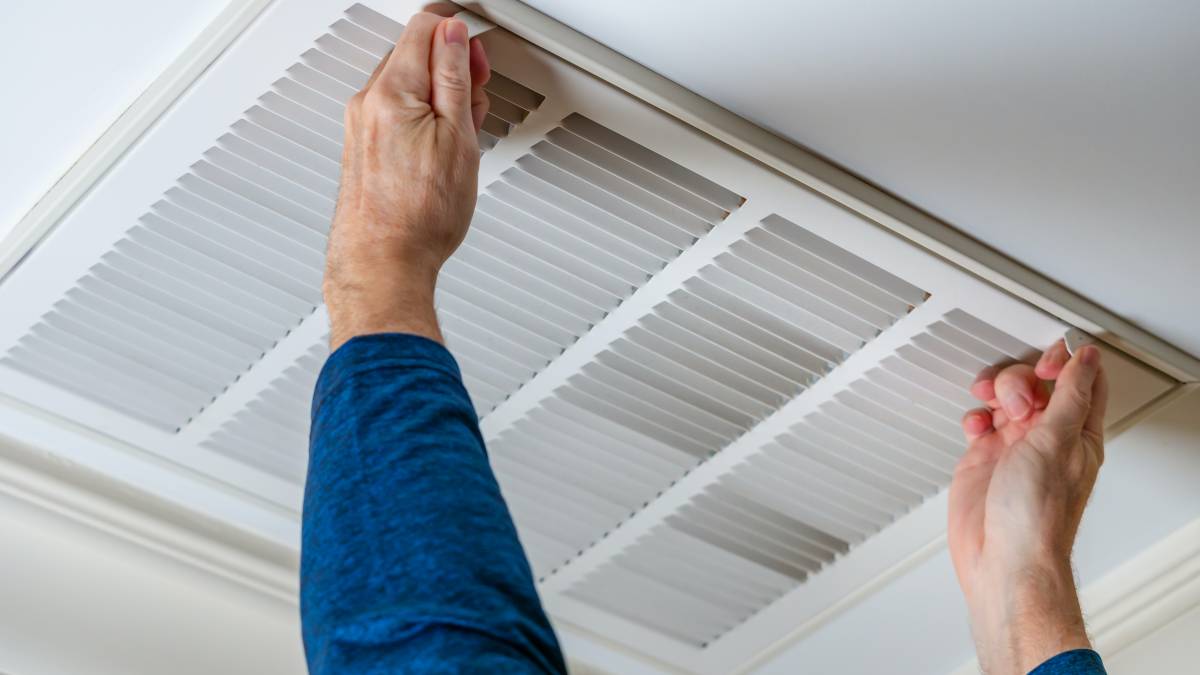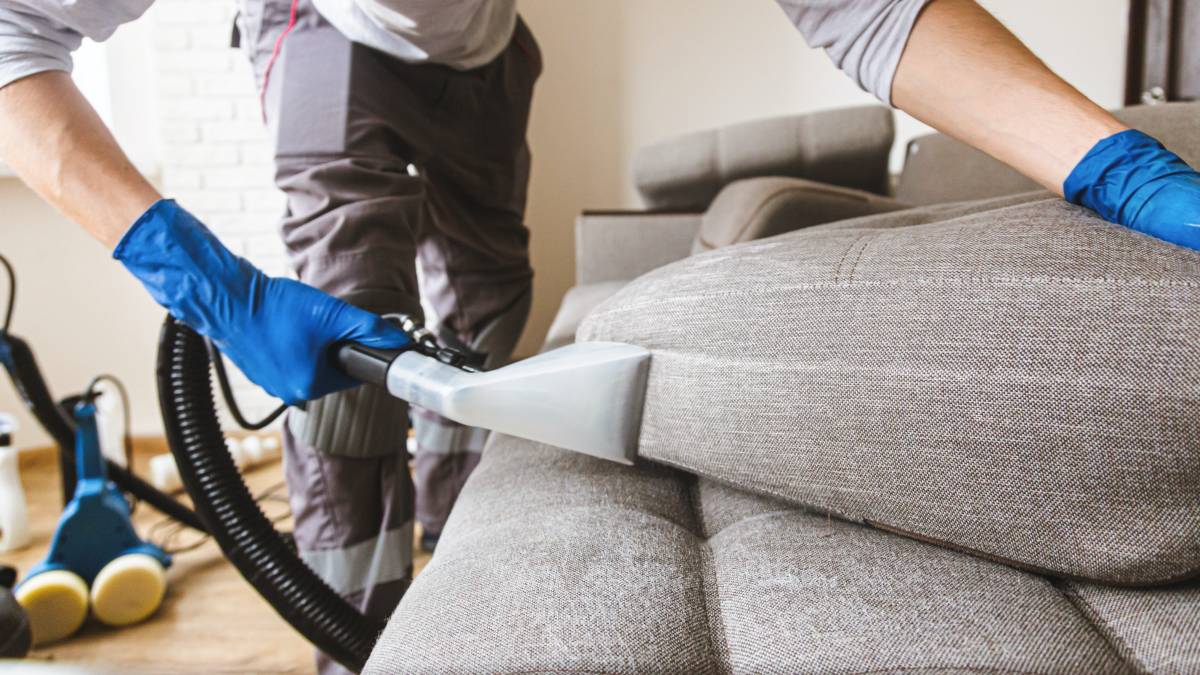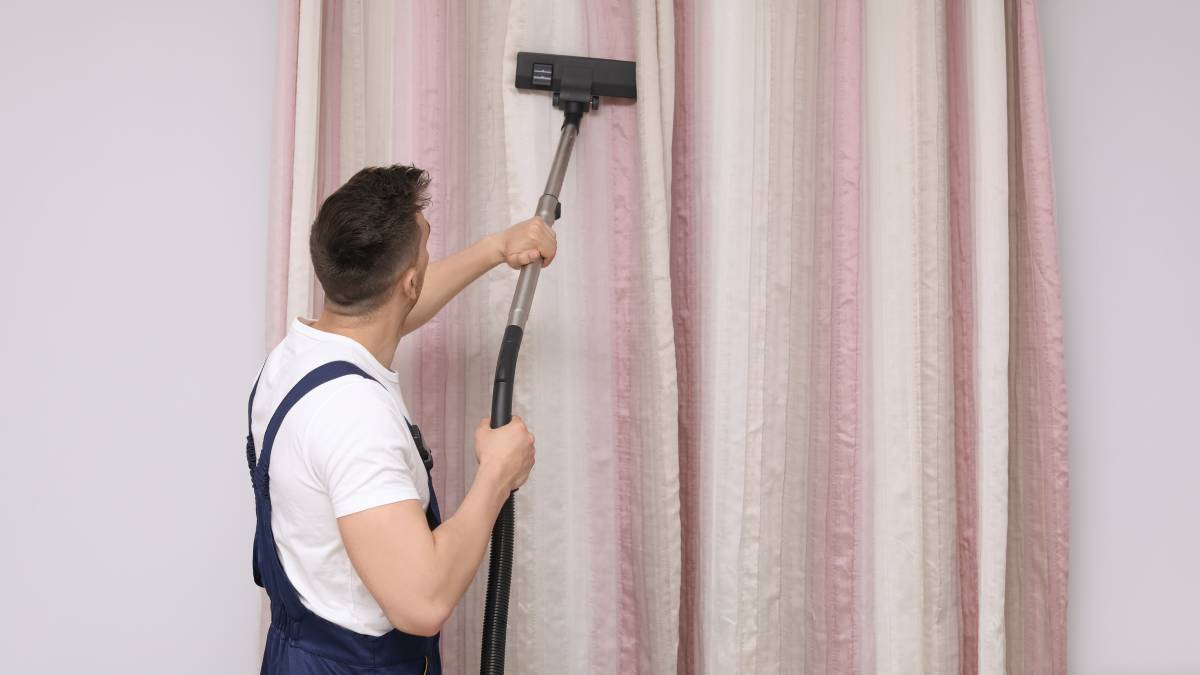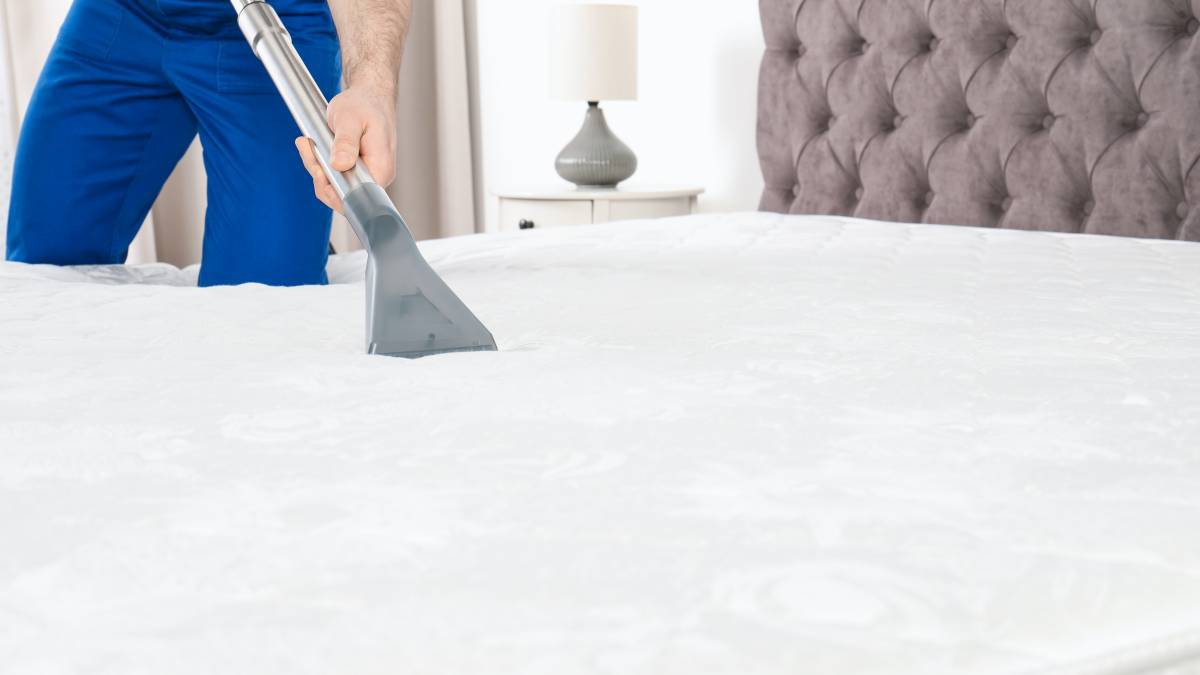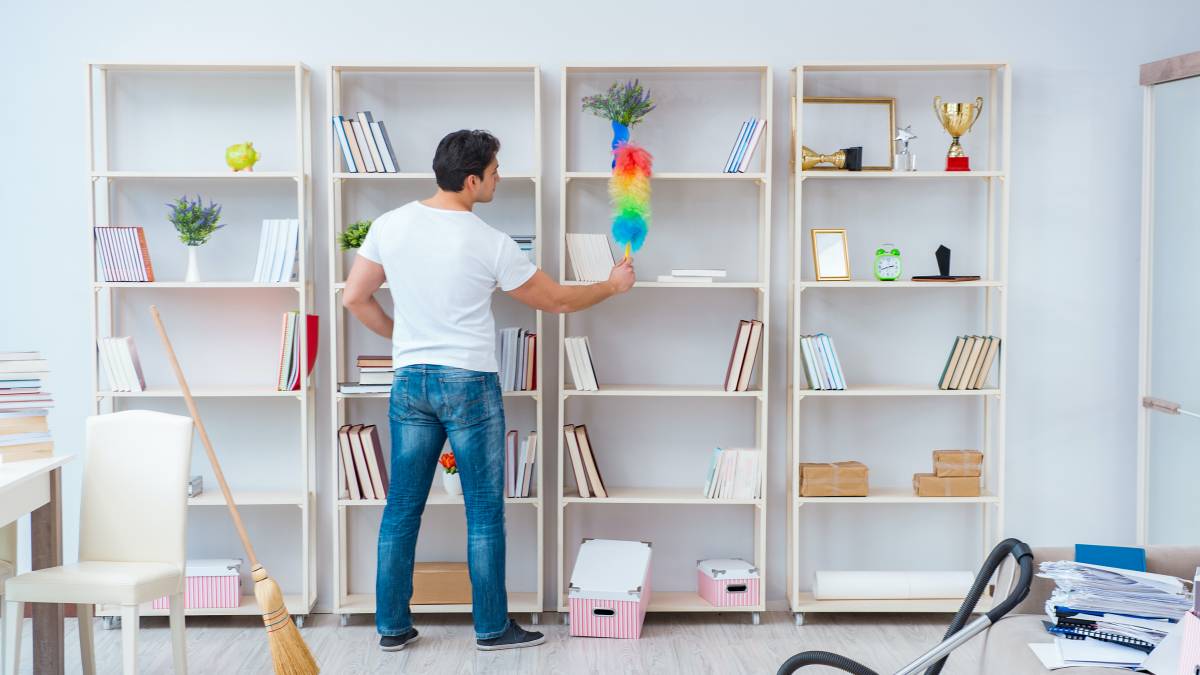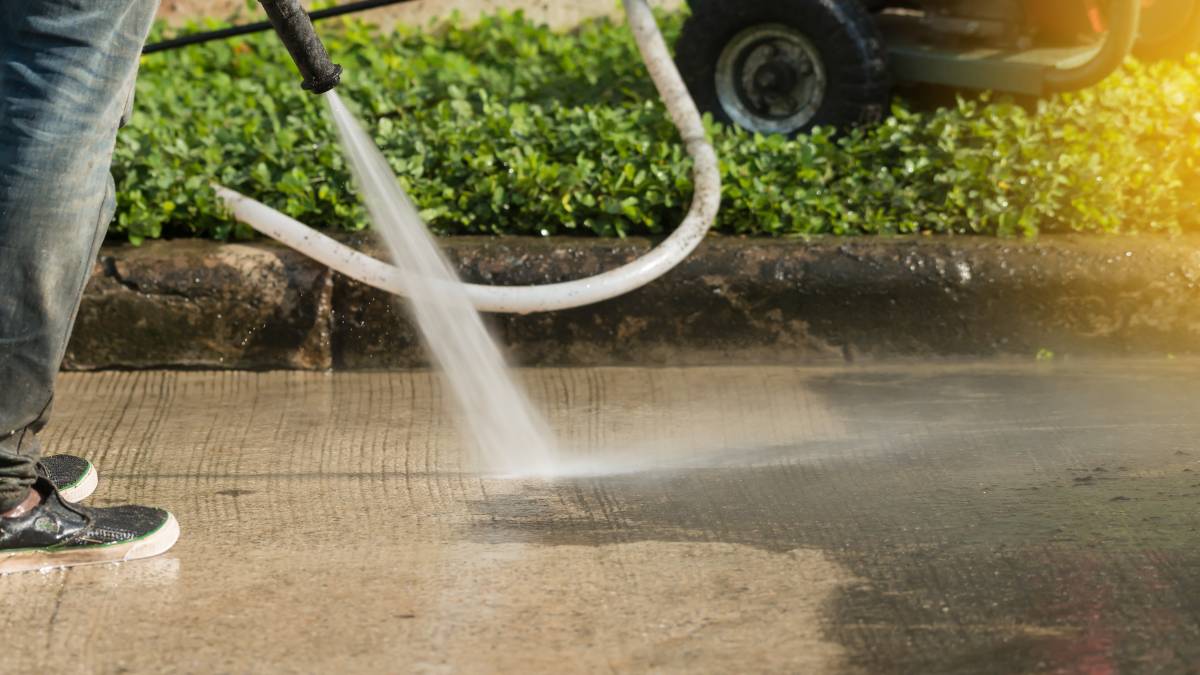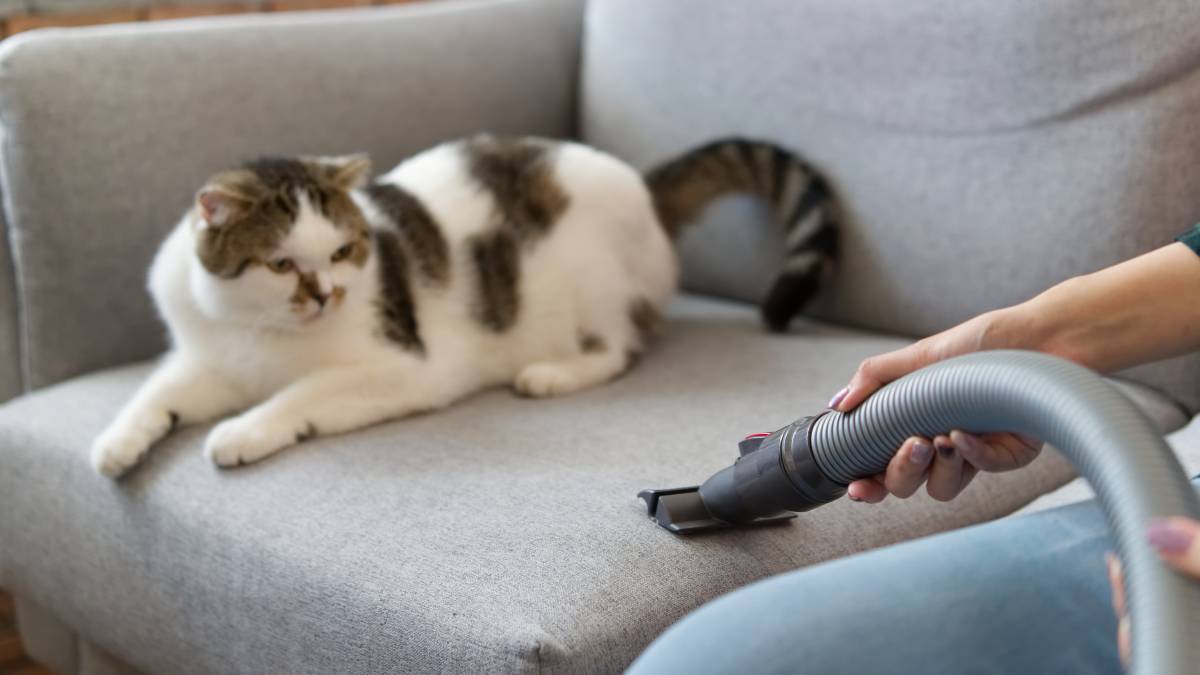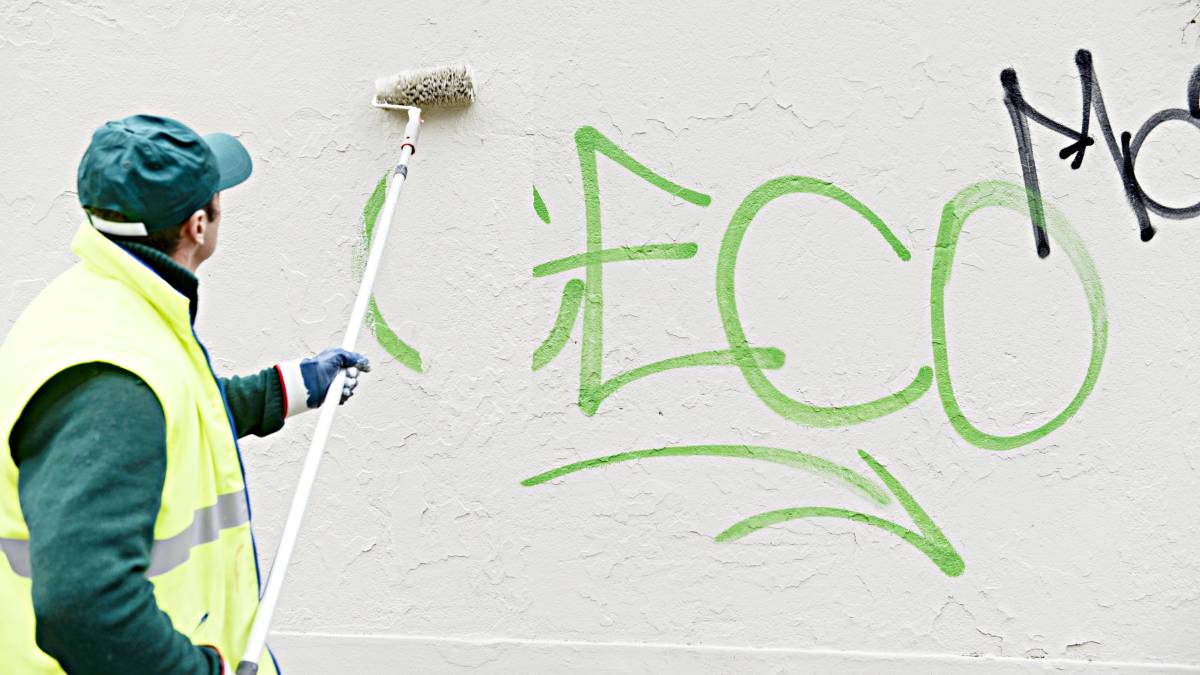- Home/
- Comparisons/
- Cleaning/
- Air Purifier vs. Dehumidifier
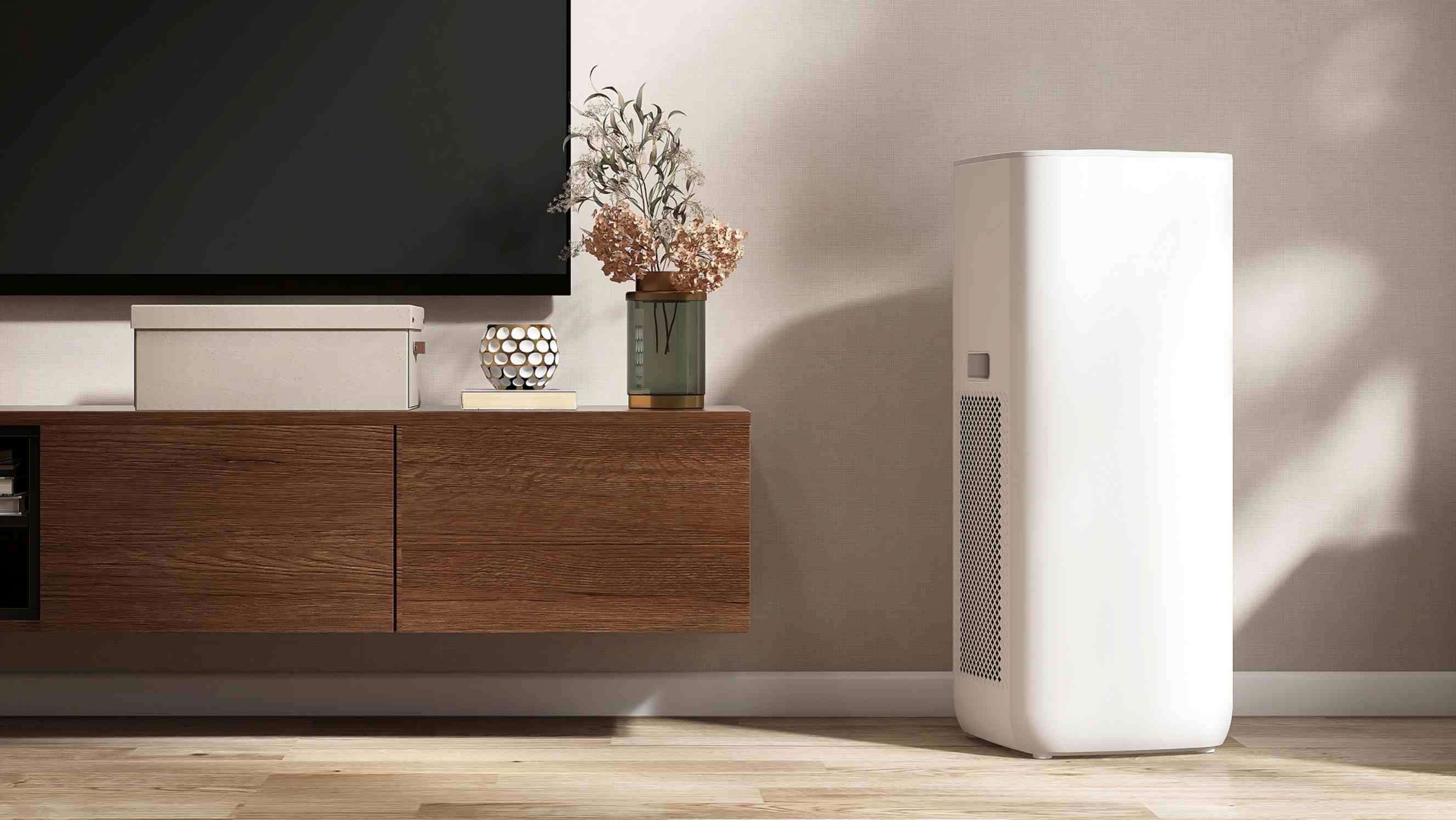
Air purifier vs. dehumidifier: Which is the better choice?
Comparing air purifier vs. dehumidifier based on their functionality, humidity control, energy efficiency, and more.
Hire a cleaning expertLast Updated on
Key Facts
- An air purifier is a device that utilizes fans and filters to remove indoor airborne pollutants like dust and pollen.
- A dehumidifier is a device that helps regulate humidity by removing excess moisture or water vapor in the air with refrigerated coils
Are you worried about your family’s health? Having an air purifier or dehumidifier at home is one of the ways you can reduce indoor air pollution, helping safeguard your family from many respiratory diseases.
Know more about the differences between these two devices in this air purifier vs. dehumidifier guide so you can choose the right one for your home.
What is an air purifier?
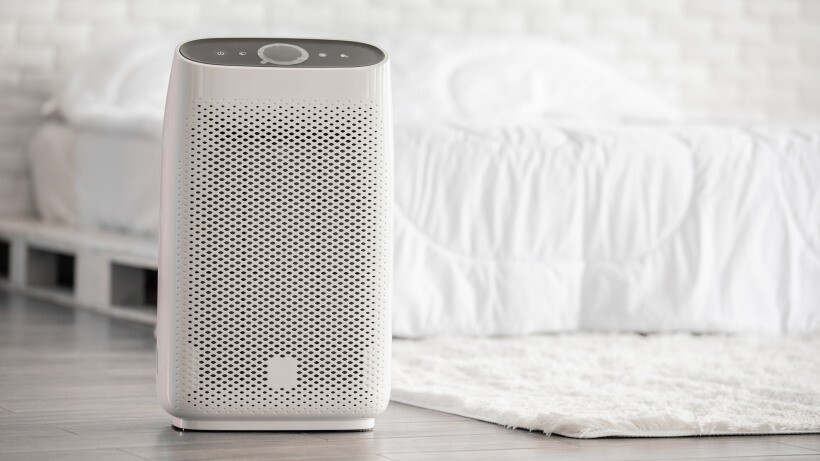
An air purifier removes pollen, dust, dander and other indoor air pollutants through filtration, helping keep indoor air clean.
Most air purifiers come with High-Efficiency Particulate Air (HEPA) filters composed of dense web fibers that trap dust and other airborne particles. Other models have activated carbon filters to capture gasses and odors (such as smoke and chemical vapors) and Ultraviolet (UV) light to kill airborne bacteria and viruses.
What is a dehumidifier? 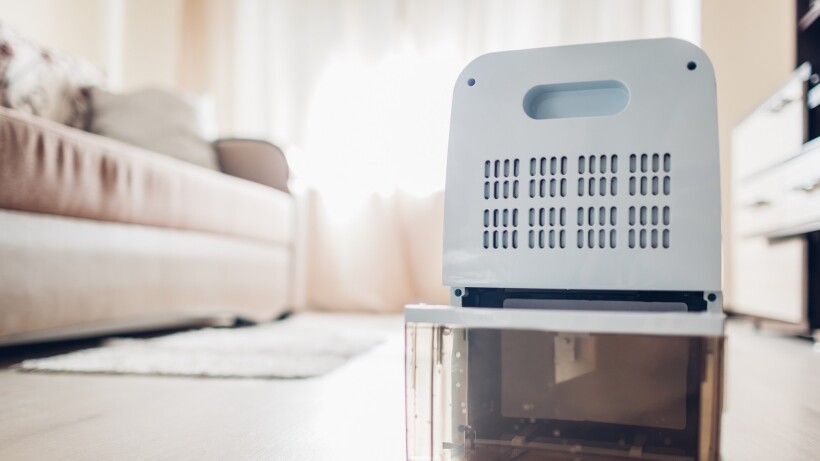
A dehumidifier helps control humidity by pulling moist air from the room through a fan and using refrigerated coils to extract water vapor from the air. This helps adjust the room temperature to a more comfortable level while eliminating musty odors and improving indoor air quality.
Some dehumidifiers also have a HEPA filter, like air purifiers. They give the best of both worlds as they regulate humidity while filtering out air pollutants.
One downside of dehumidifiers is the amount of time it takes to dry out a room completely. So, how long do dehumidifiers take to work? For everyday use, 6 to 12 hrs is enough to control moisture, but water-damaged rooms typically need at least 24 to 72 hours. This can take longer, depending on the size and type of dehumidifier and the humidity level of a room.
Air dehumidifier vs. air purifier: What are their key differences?
From the definitions alone, it’s clear that an air purifier is not the same as a dehumidifier. This comparison guide further explores each device’s unique functionalities to address various air quality concerns in your home properly.
In terms of functionality
You’ll have to look into how each device functions to understand the difference between dehumidifiers and air purifiers.
As mentioned, air purifiers help keep indoor air clean using various specialized filters. This is how it works: the fans help draw the air inside the device and pass through a series of filters, capturing the pollutants. After that, clean and fresh air is released back into the room.
A dehumidifier also uses a fan to pull in the air, but instead of filtering pollutants, it removes water vapor in the air using cold refrigerated coils. This causes the water vapor to condense and drip on the water tank inside the dehumidifier, making the air drier. Lastly, dry air passes through warm coils, returning warm, comfortable air to the room.
In terms of humidity control
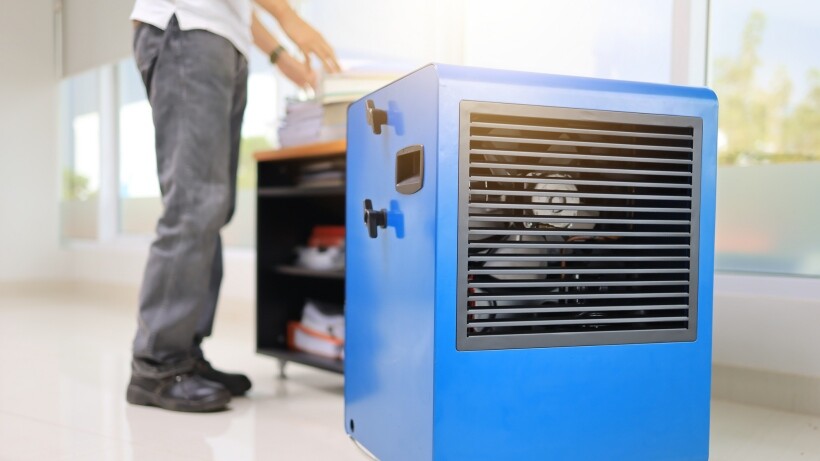
Humidity control is essential if your house has poor ventilation, feels uncomfortably hot, or has damp walls and floors are damp due to water leaks or a flood. These situations can trigger allergic reactions like asthma, and using a dehumidifier can help mitigate these humidity problems.
Dehumidifiers can control the Relative Humidity (RH) level (or the amount of water vapor in the air) to a comfortable and healthy humidity level of 40% to 60% RH. Because of this, it is helpful to use dehumidifiers in basements, kitchens, and bathrooms, especially if these places have been infected with mold and mildew.
Conversely, air purifiers do not directly impact humidity levels. They only help clean the air rather than adjust its moisture content.
In terms of indoor air quality improvement
Do air purifiers help with dust? Yes, air purifiers help eliminate dust, dirt, and other airborne contaminants. In fact, the HEPA filter in air purifiers filters 99.97% of airborne particles that are 0.3 micrometers wide, including dust particles.
For homeowners still using gas stoves, air purifiers can also be extra helpful. Remember that gas stoves release harmful pollutants such as carbon monoxide and nitrogen dioxide, so aside from keeping the windows open while cooking, keep the air purifier running to help eliminate smoke and dangerous gasses in the kitchen.
Meanwhile, dehumidifiers help improve indoor air quality by controlling moisture. Excessive moisture can cause mold growth. If left untreated, microbial volatile compounds (VOCs) in mold can produce smelly, musty odors. So, when cleaning apartments and houses, consider using a dehumidifier to control odors.
In terms of energy efficiency
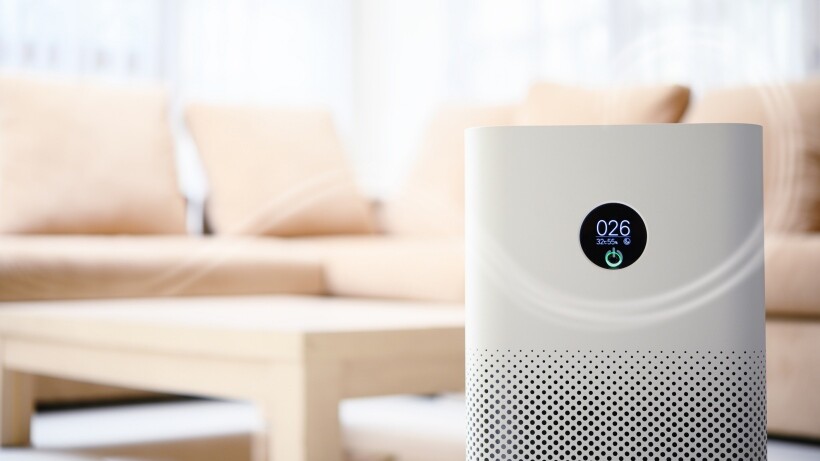
Air purifiers can help you save more energy, especially those models with an automatic adjustment feature. This allows you to optimize their performance, reducing unnecessary usage.
On the contrary, many dehumidifiers are less energy-efficient than purifiers because the process of condensing moisture in the air takes hours to complete. Luckily, many modern dehumidifiers now have energy-efficient settings.
In terms of noise control
Most dehumidifiers can be very noisy because of their built-in compressor and fan. But the good news is that newer dehumidifier models now have noise-reduction features such as rubber dampening pads and noise-reducing insulation.
On the flip side, air purifiers have better noise control than dehumidifiers, with most advanced models having silent operation modes. Consider also looking into air purifiers with ionization or UV light technologies because they operate much more quietly than regular air purifiers.
In terms of cost
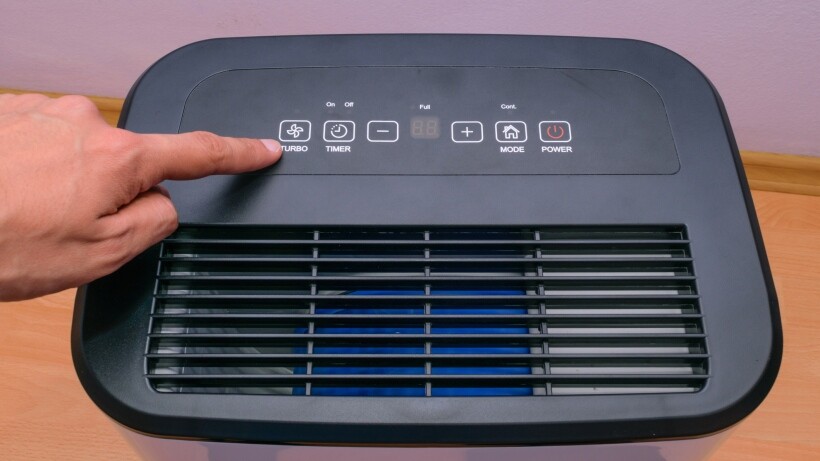
The costs of owning both an air purifier and dehumidifier depend on their size and type, specific features such as an automatic adjustment feature and noise control, daily energy use, maintenance, and more.
But to give you an idea, dehumidifiers are generally more affordable with effective cost-effective models priced at under $100. As for air purifiers, the price ranges at $70 to $1,000, or sometimes more.
When it comes to daily energy consumption and operational costs, the figures may vary because both factors depend on the wattage of an air purifier and dehumidifier. However, air purifiers can incur more maintenance costs since you have to replace the filters every six months to ensure their effectiveness.
Achieve a cleaner indoor environment with Airtasker
Air purifiers and dehumidifiers help improve indoor air quality, but they aren’t enough to keep dust and other allergens at bay. You still have to do regular house cleaning, like sweeping and vacuuming floors, to minimise allergens. If you’re too busy to do menial cleaning chores like these, hiring professional cleaners is best.
At Airtasker, you can easily connect with cleaning experts in your area. The process is easy as you only have to post a task, write the type of service you need, and indicate your budget.
Air purifier vs. dehumidifier
| Air Purifier |
Dehumidifier |
|
| Functionality |
Cleans indoor air using specialized filters and a fan |
Removes water vapor from the air using refrigerated coils |
| Humidity Control |
Does not directly impact humidity levels |
Controls Relative Humidity (RH) levels to 40%-60% |
| Indoor Air Quality Improvement |
Helps eliminate dust, dirt, and airborne contaminants |
Helps control moisture and odors |
| Energy Efficiency |
Generally more energy-efficient |
Less energy-efficient, but modern models offer energy-efficient settings |
| Noise Control |
Much quieter operation |
Can be very noisy |
| Cost |
Upfront and maintenance costs are more expensive |
Upfront and maintenance costs are less expensive |
FAQs on air purifier and dehumidifier
A HEPA filter in a dehumidifier lasts for 3 months. However, it is recommended to replace it every 60 days to ensure optimal performance.
A dehumidifier is better because its mechanism involves extracting moisture or water vapor from the air, helping reduce the feeling of stuffiness in the room. You’ll now find it easier to breathe.
No, because air purifiers don’t have the mechanism to extract moisture in the air, unlike dehumidifiers. As mentioned, air purifiers only remove pollutants, helping improve air quality.
Find cleaning services, fast
Post a task
Related articles
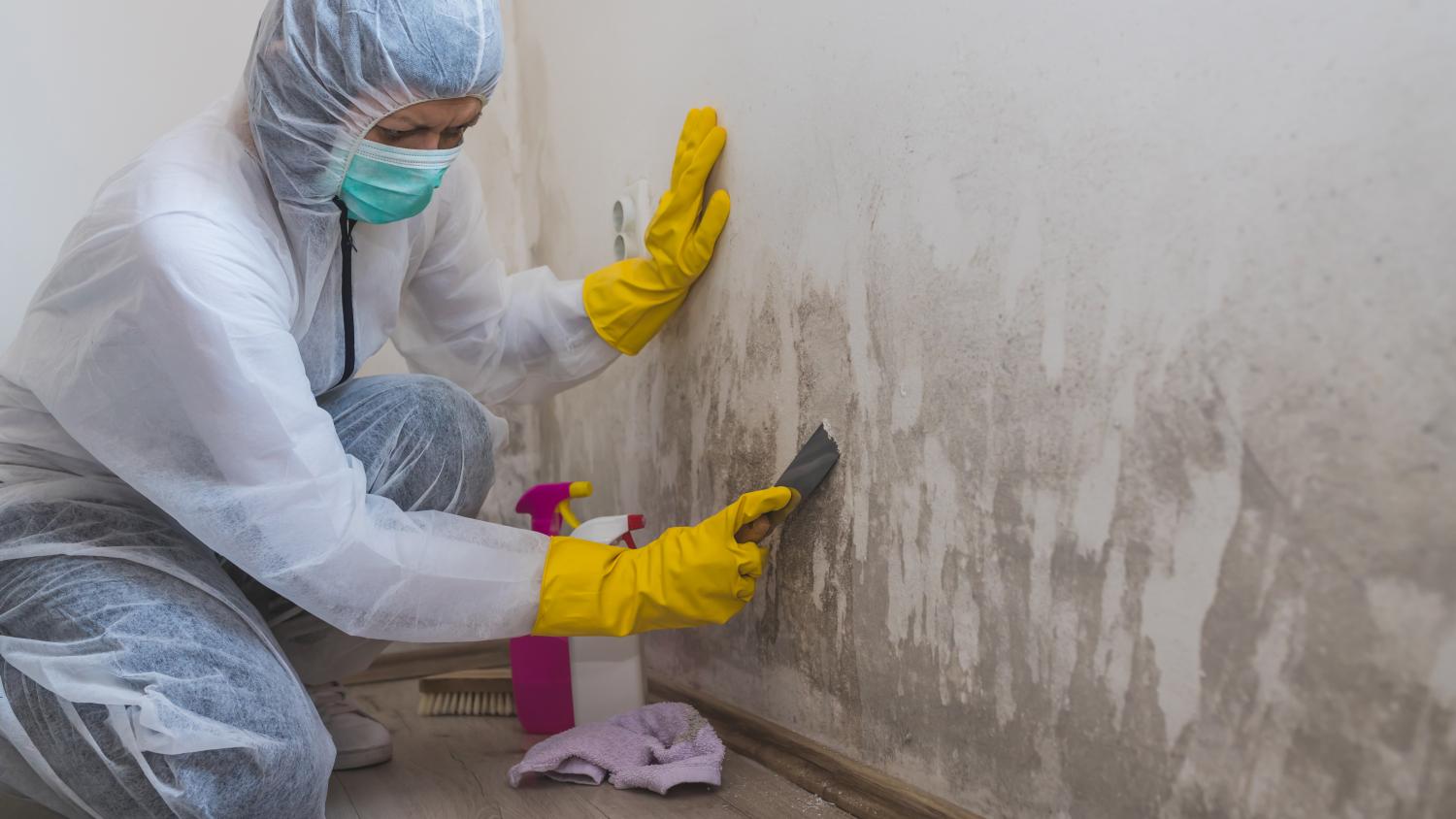
How to get rid of mold at home
Read more
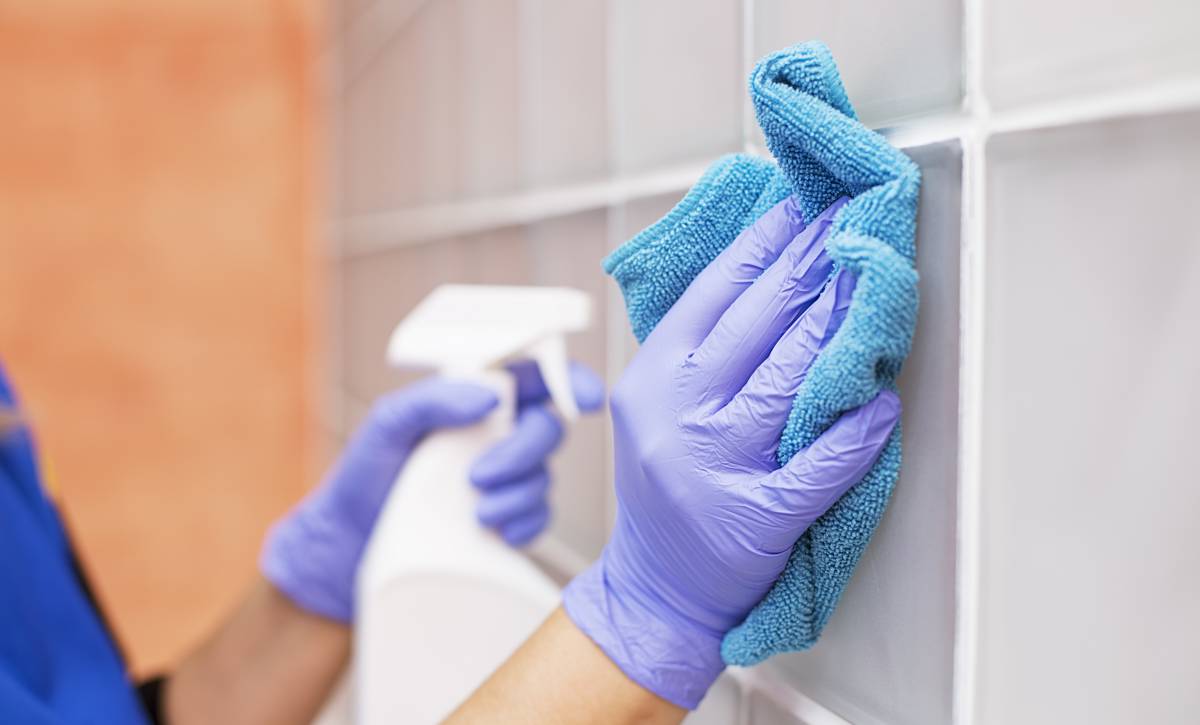
How to get cleaning jobs
Read more
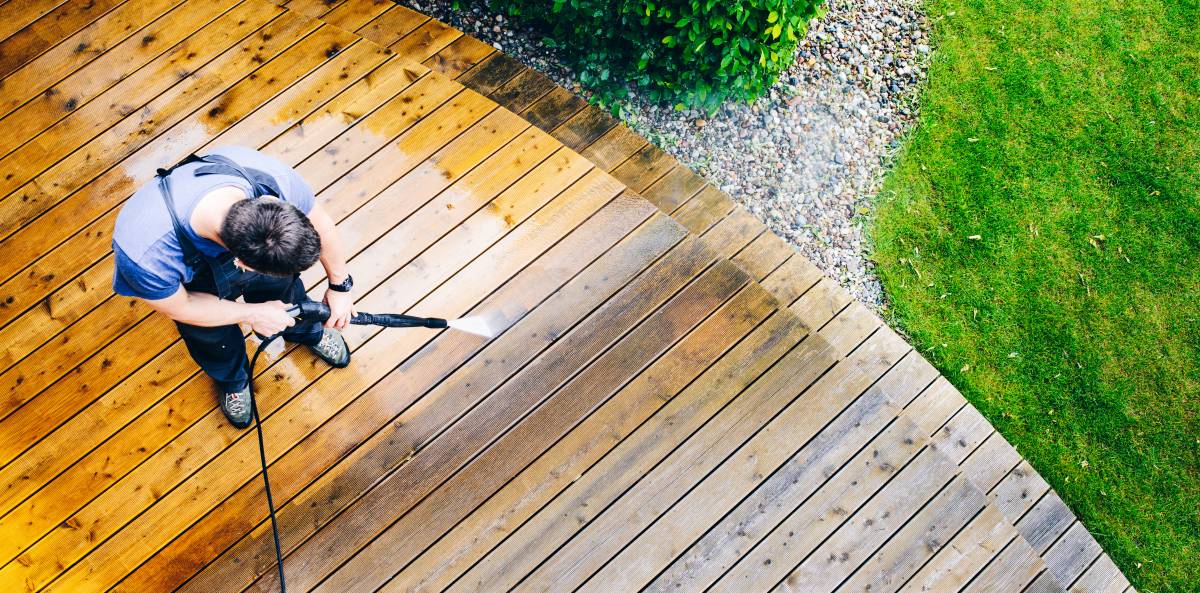
How to price pressure washing jobs
Read more
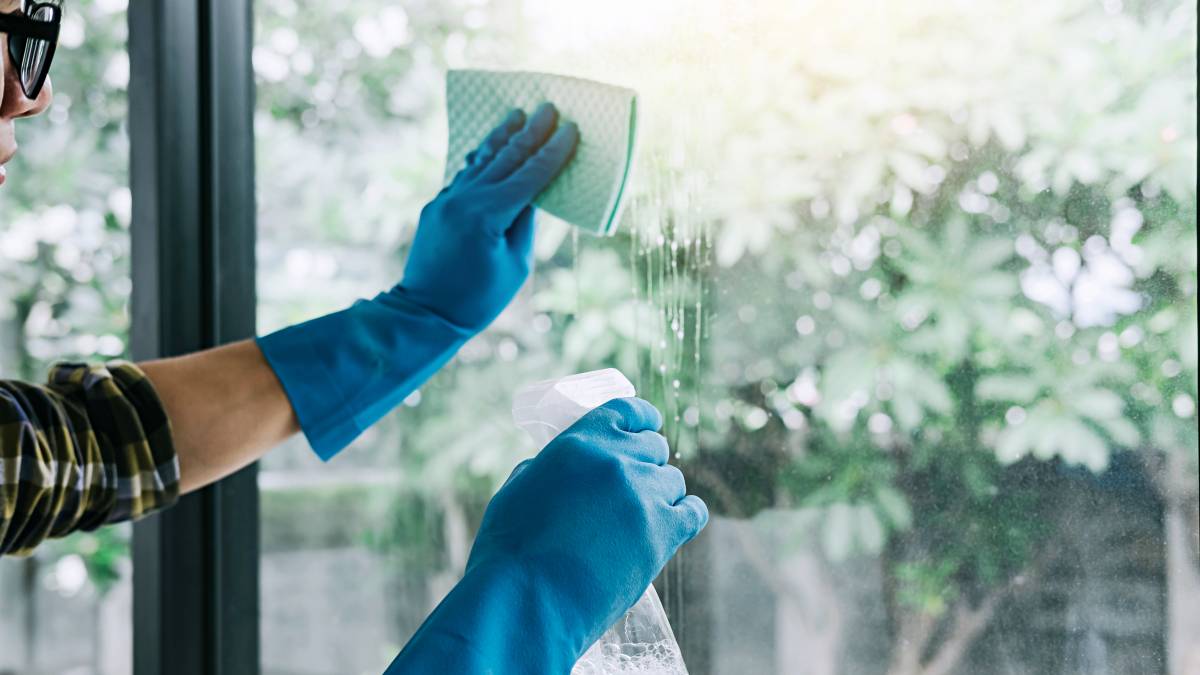
How to price cleaning jobs
Read more

How to get cleaning certification
Read more
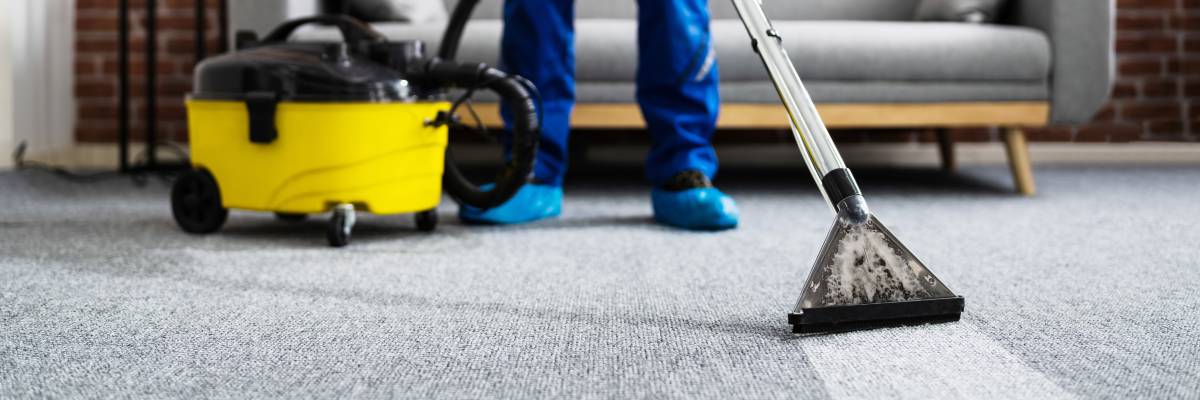
How to become a housekeeper
Read more
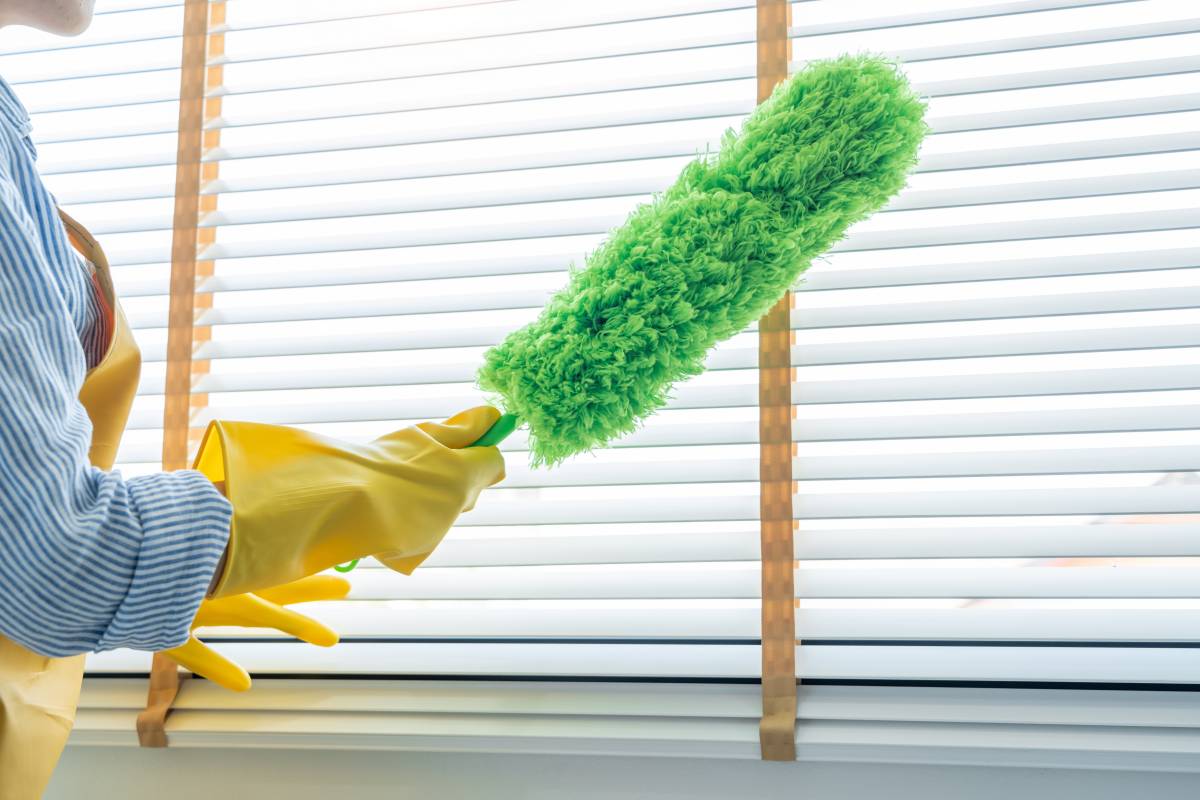
How to clean a duster
Read more
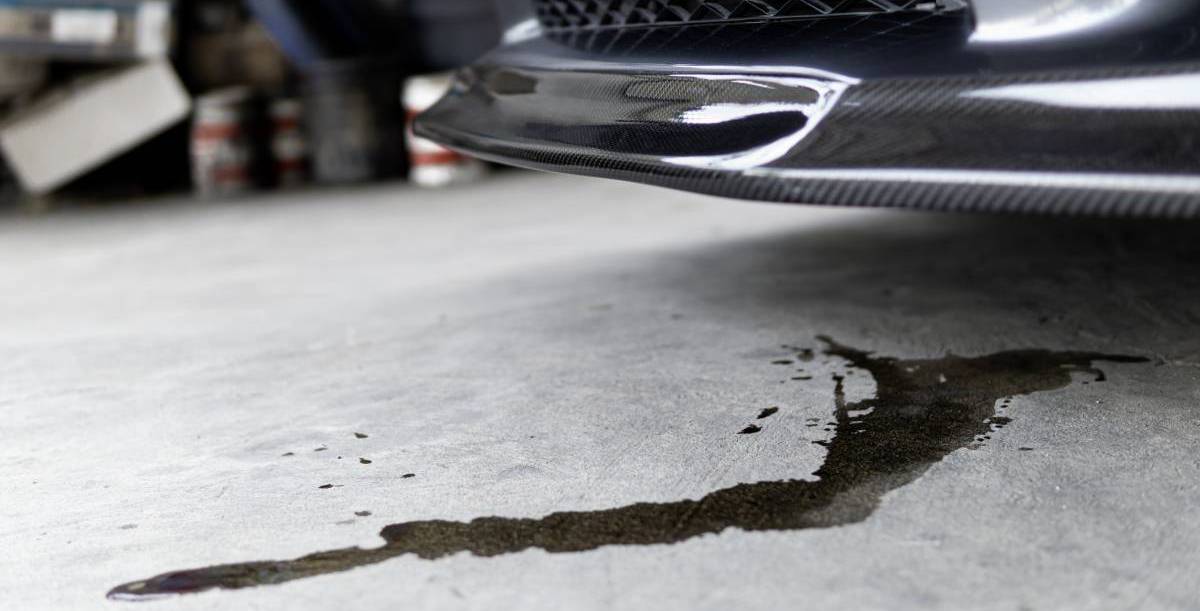
How to clean a garage floor
Read more
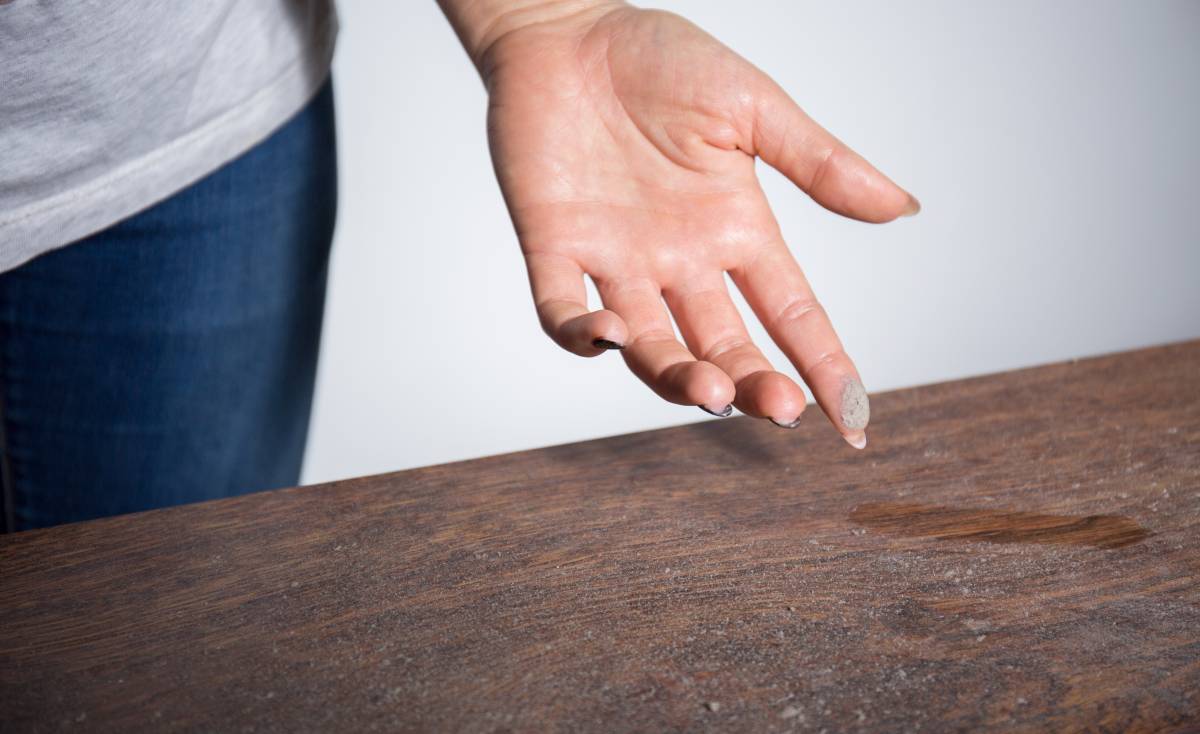
How to get rid of dust in your home
Read more
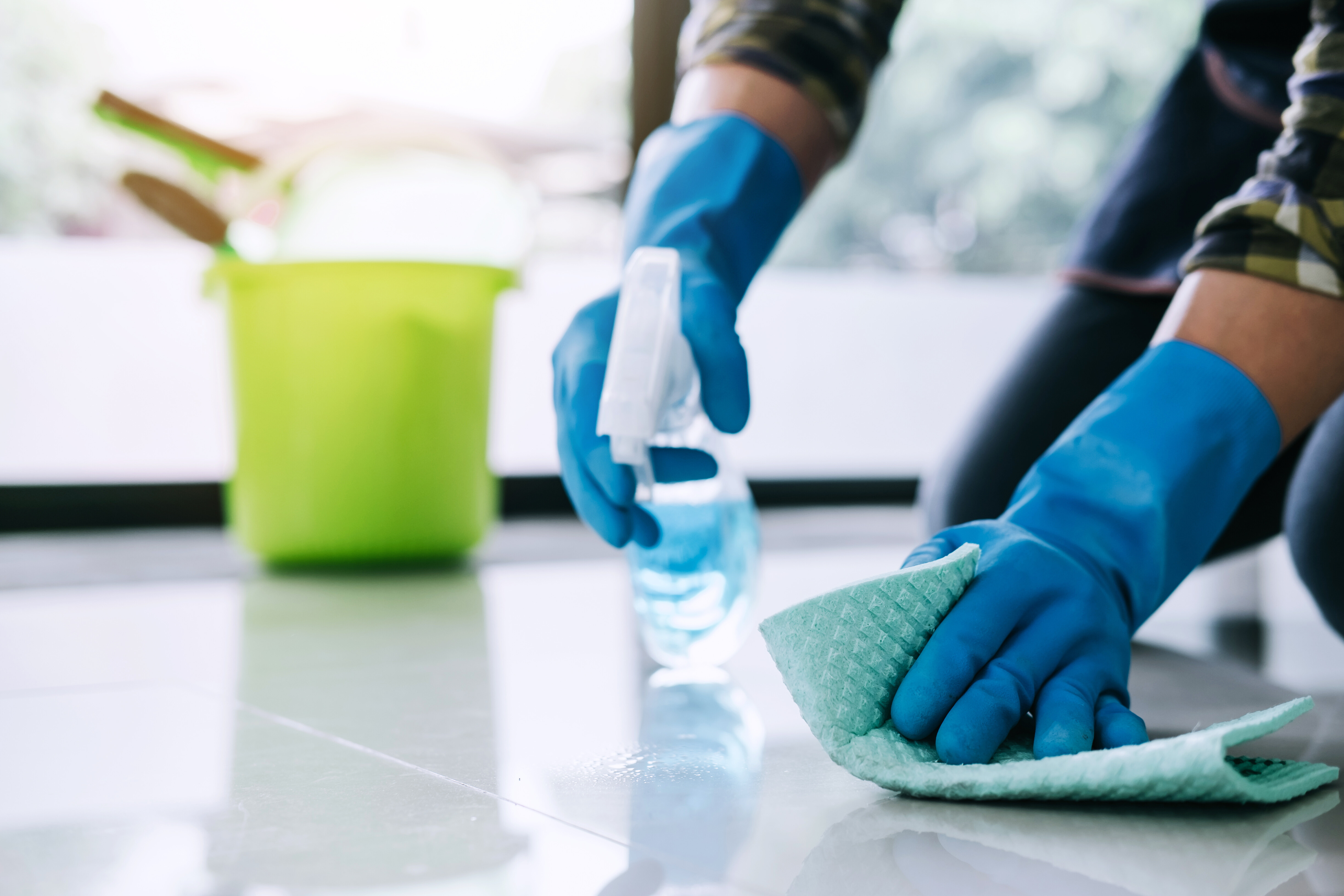
Move out cleaning checklist
Read more
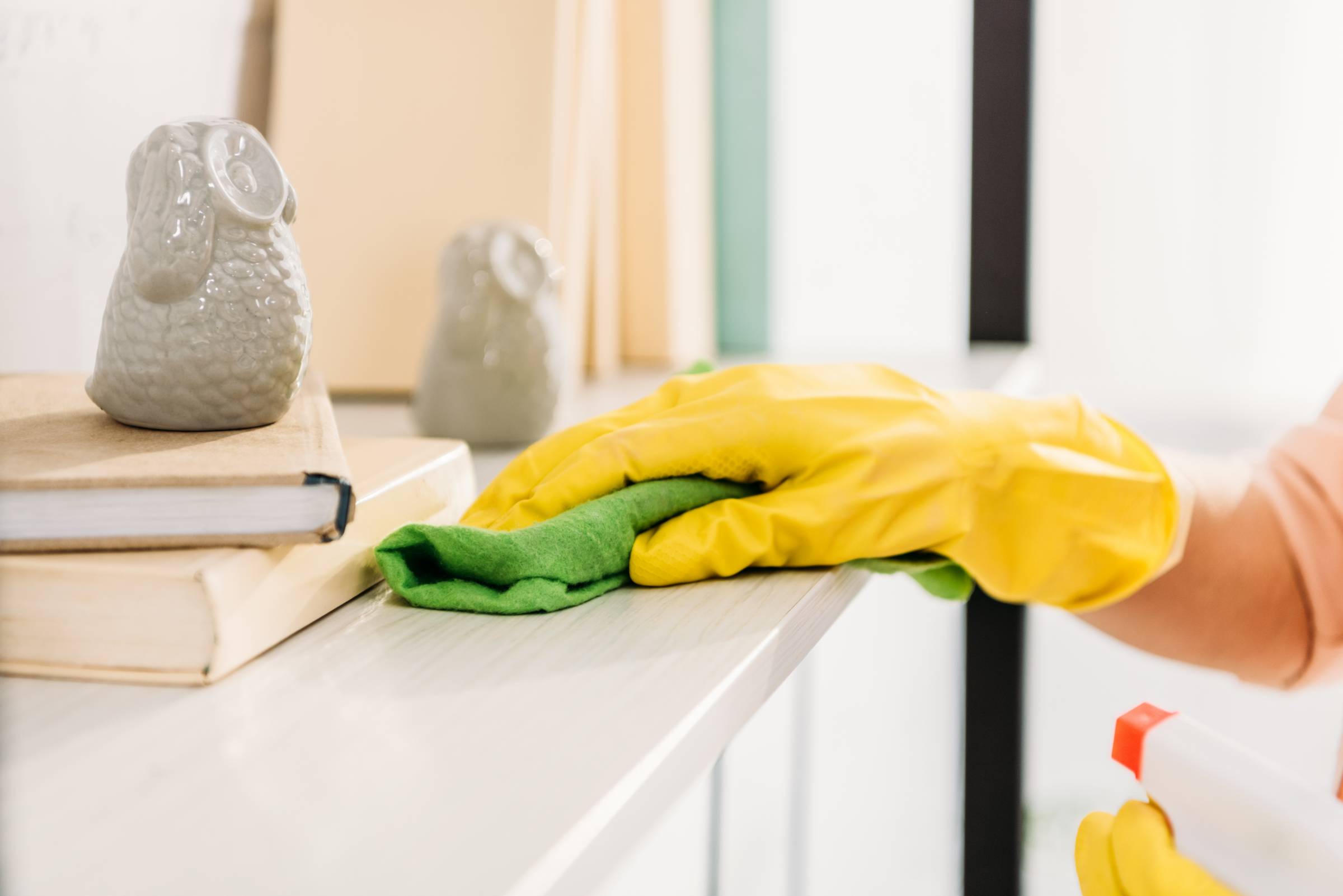
The ultimate spring cleaning checklist
Read more
Related price pages
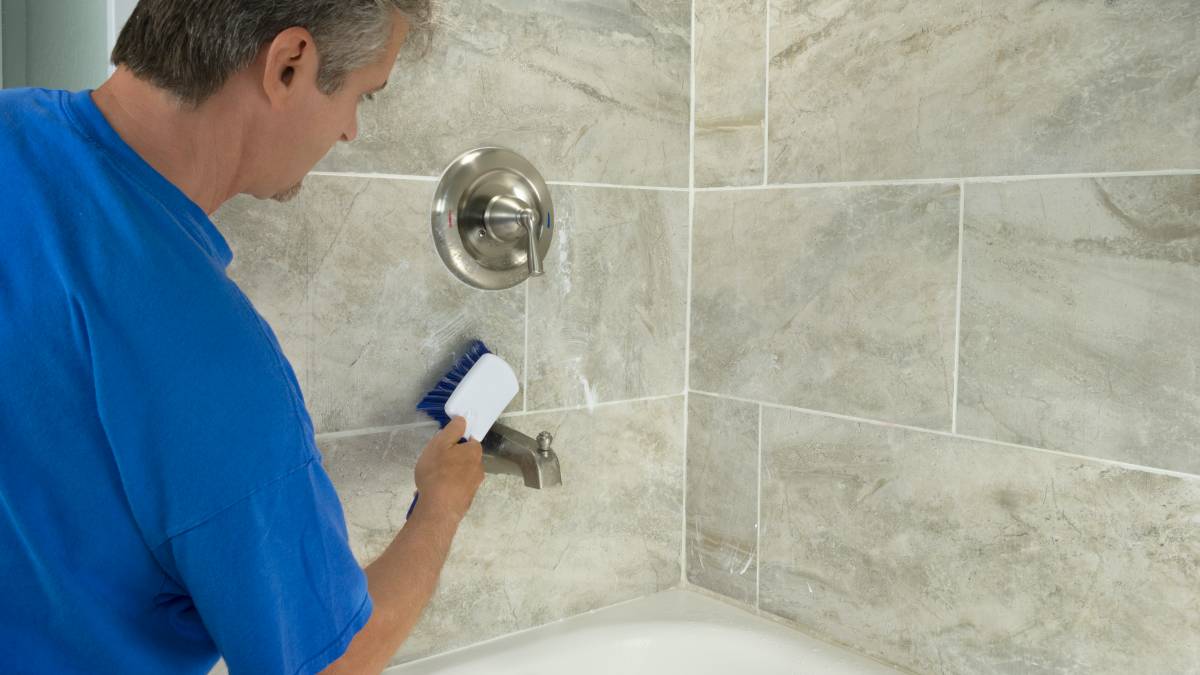
How much does tile cleaning cost?
Read more

Average price of move out cleaning
Read more
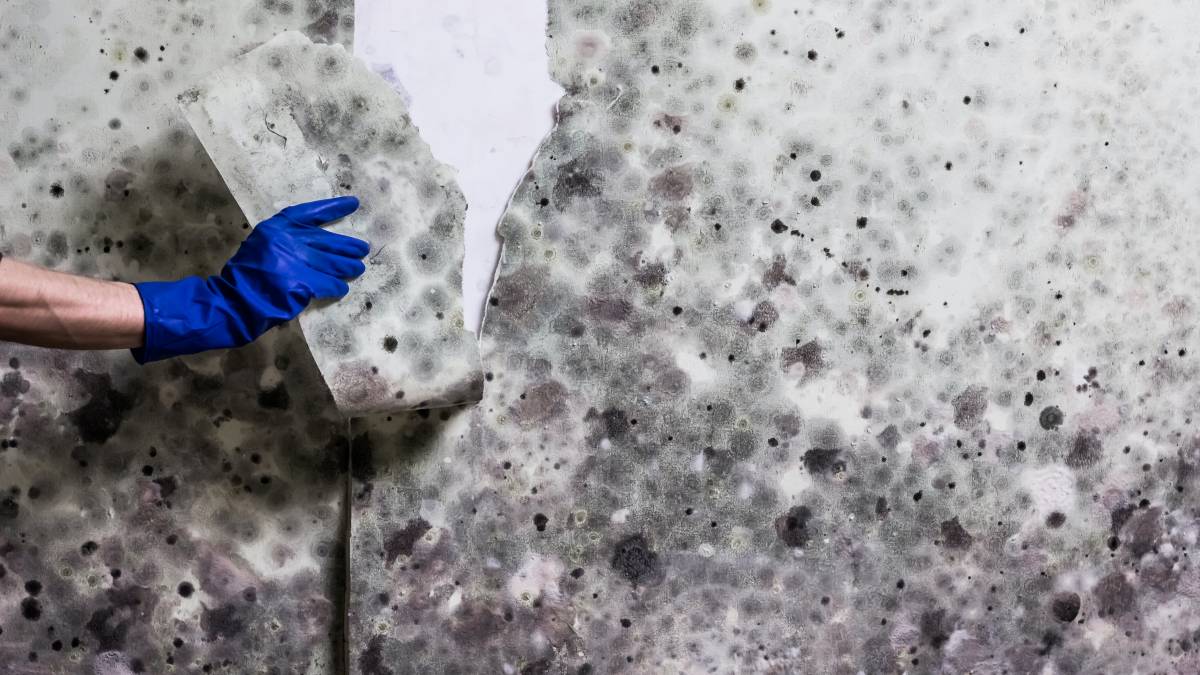
How much does mold removal cost?
Read more
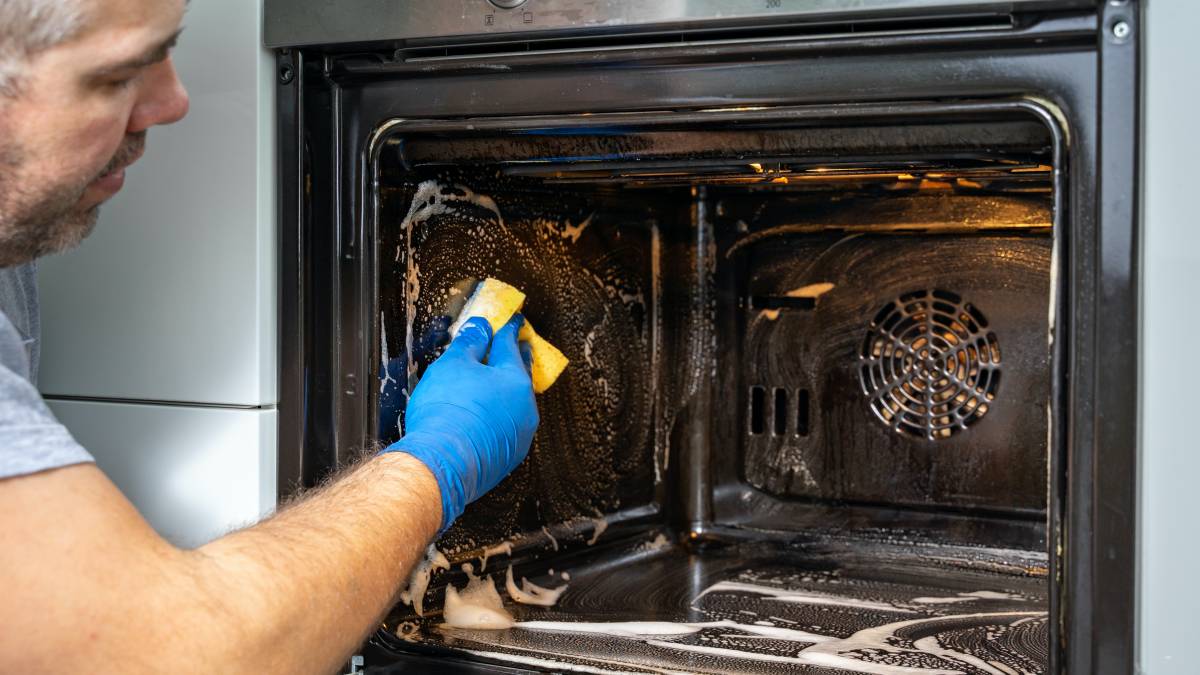
How much does oven cleaning cost?
Read more
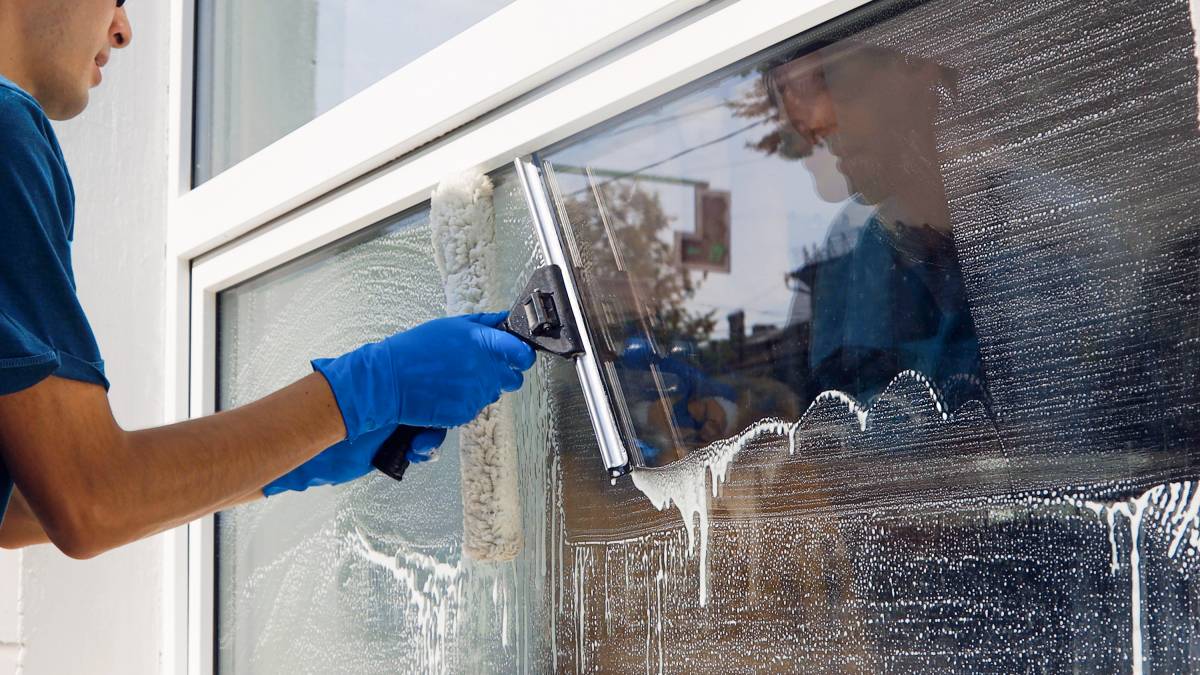
How much does a cleaner cost?
Read more

How much does office cleaning cost?
Read more
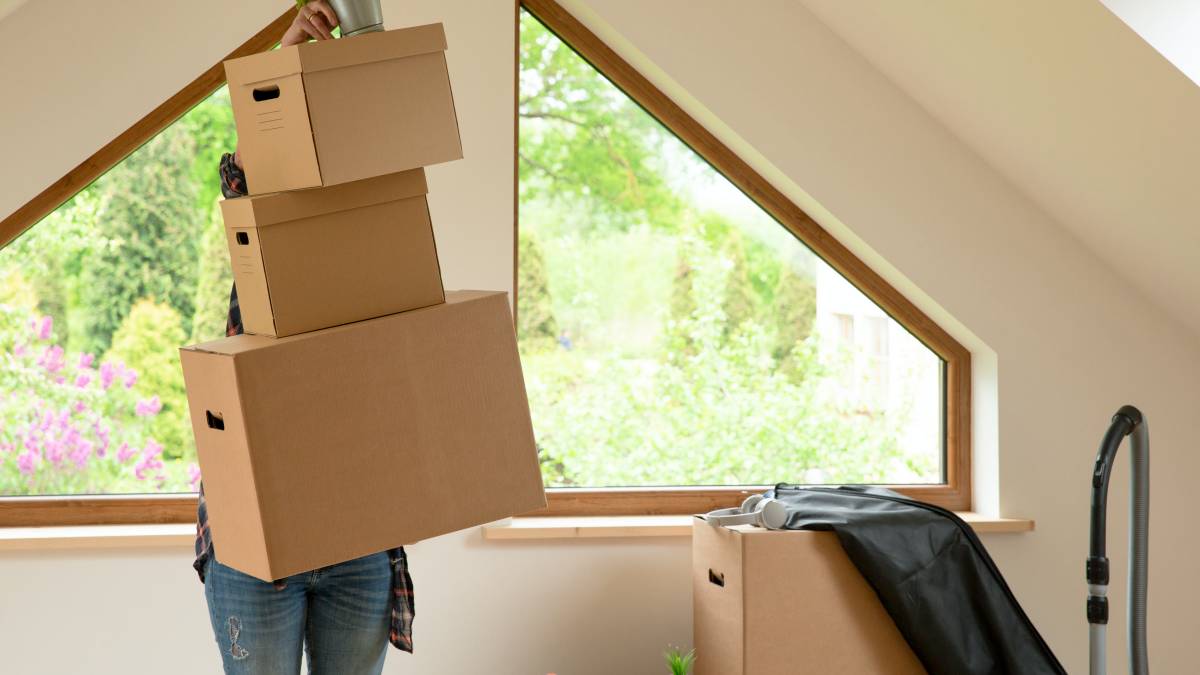
How much does attic cleaning cost?
Read more
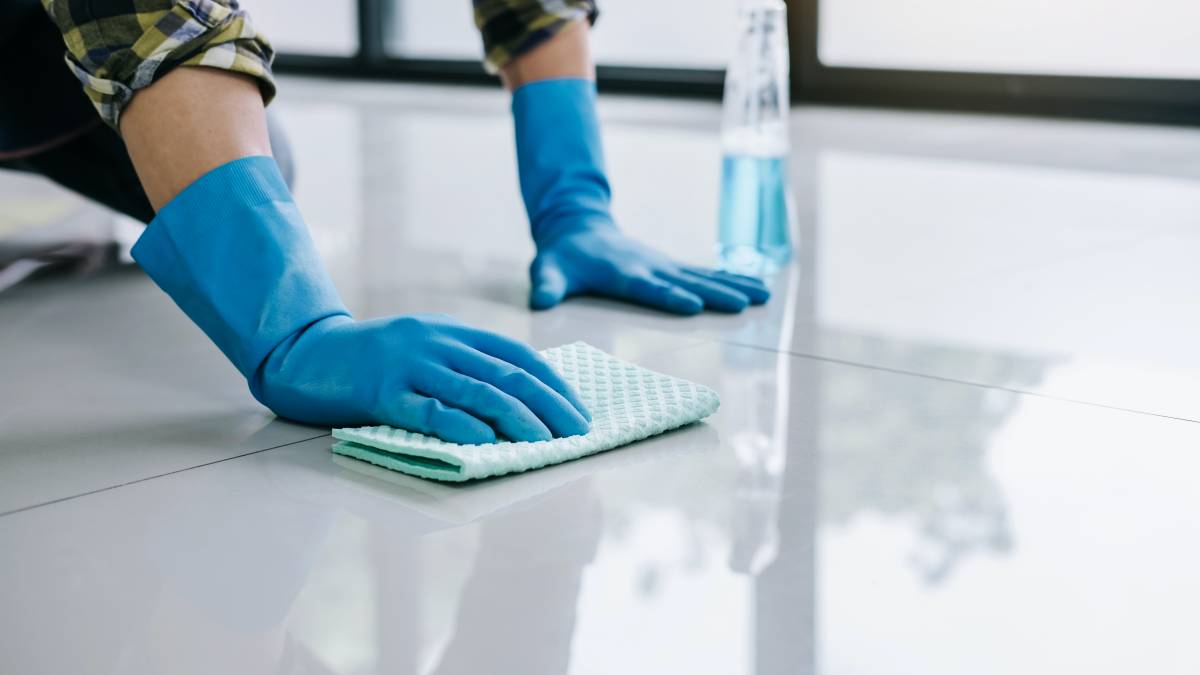
How much does floor cleaning cost?
Read more
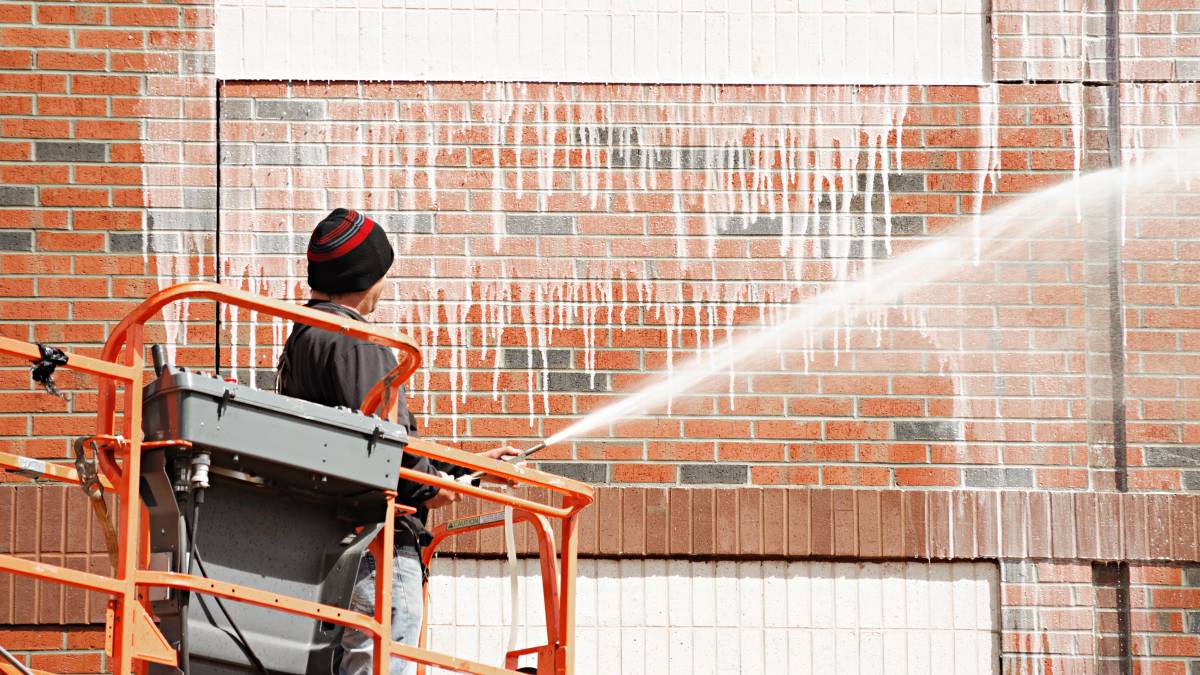
How much does brick cleaning cost?
Read more
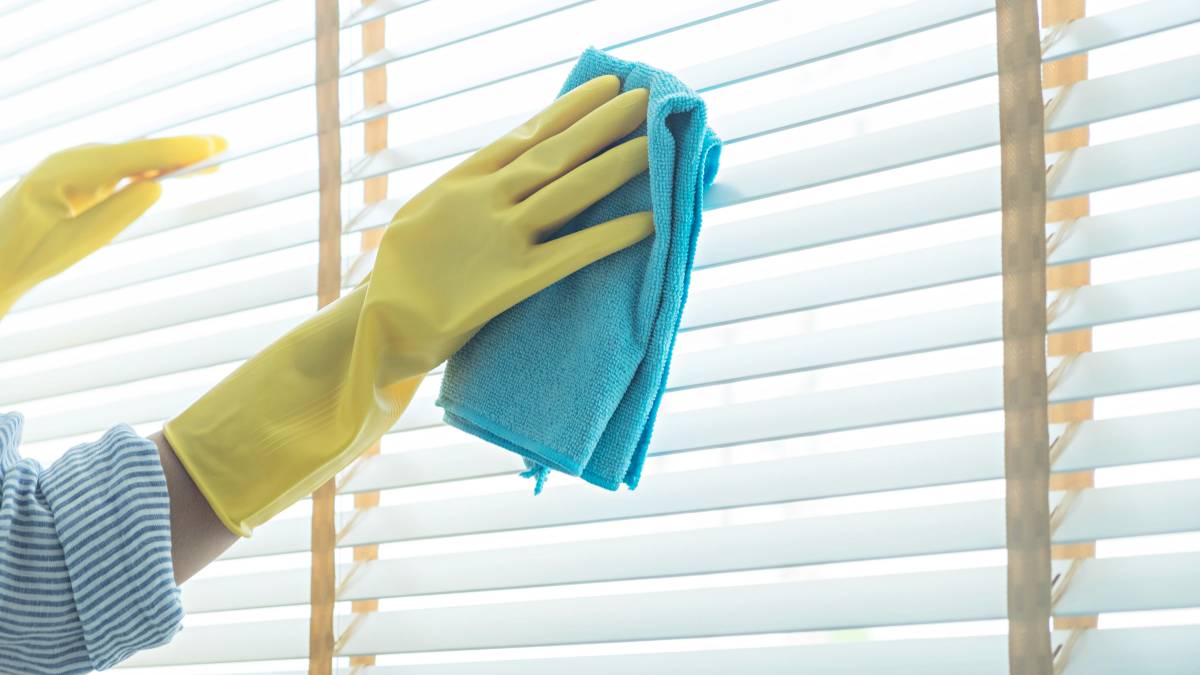
How much does blind cleaning cost?
Read more
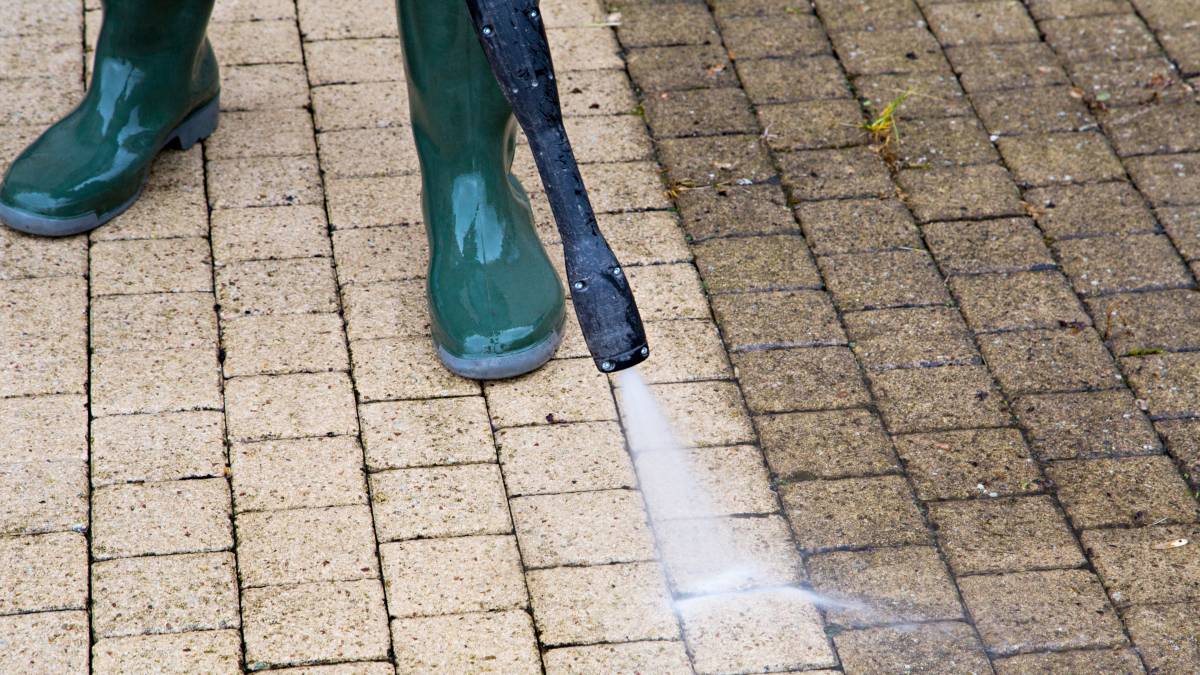
How much does pressure washing cost?
Read more
